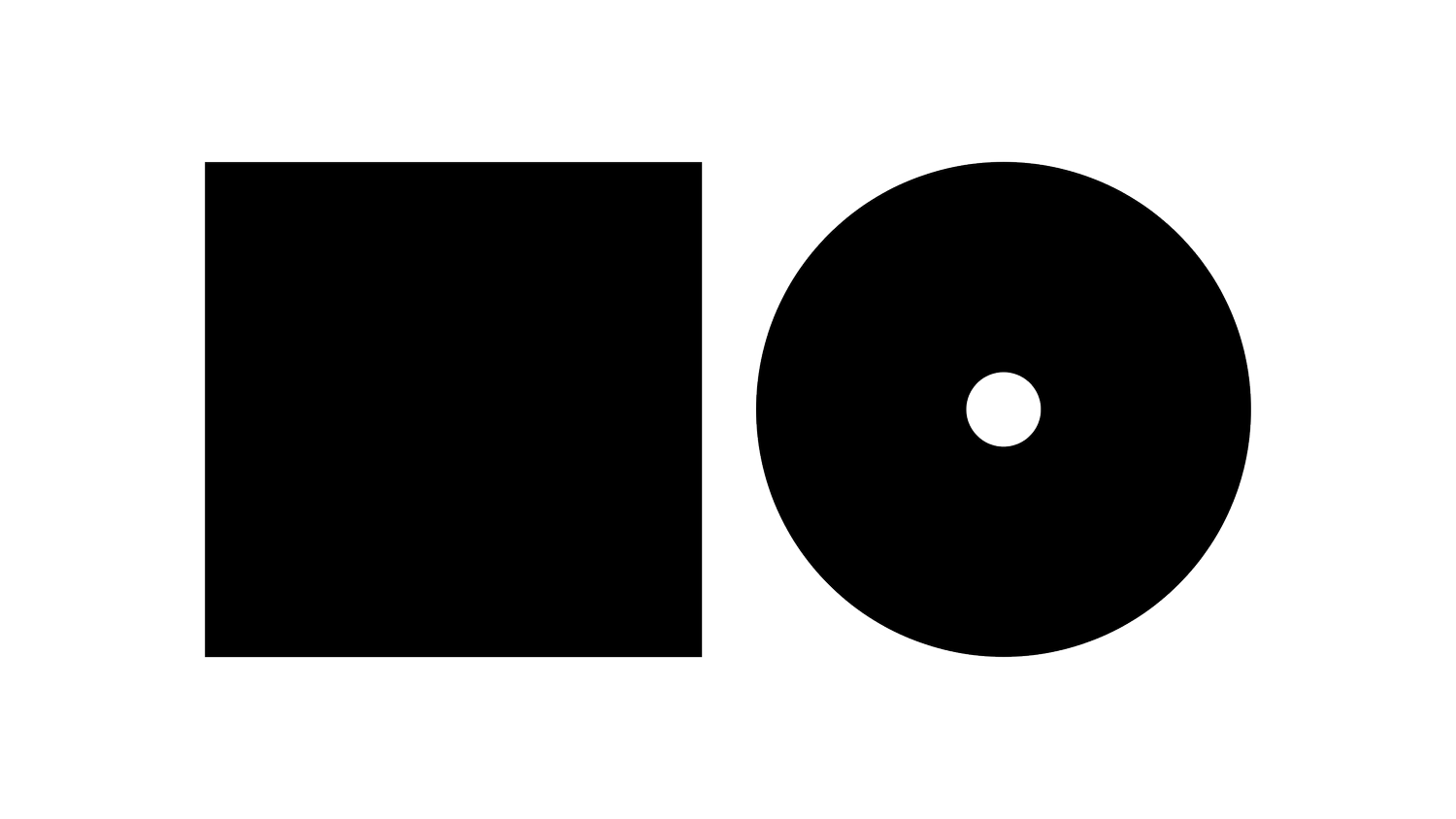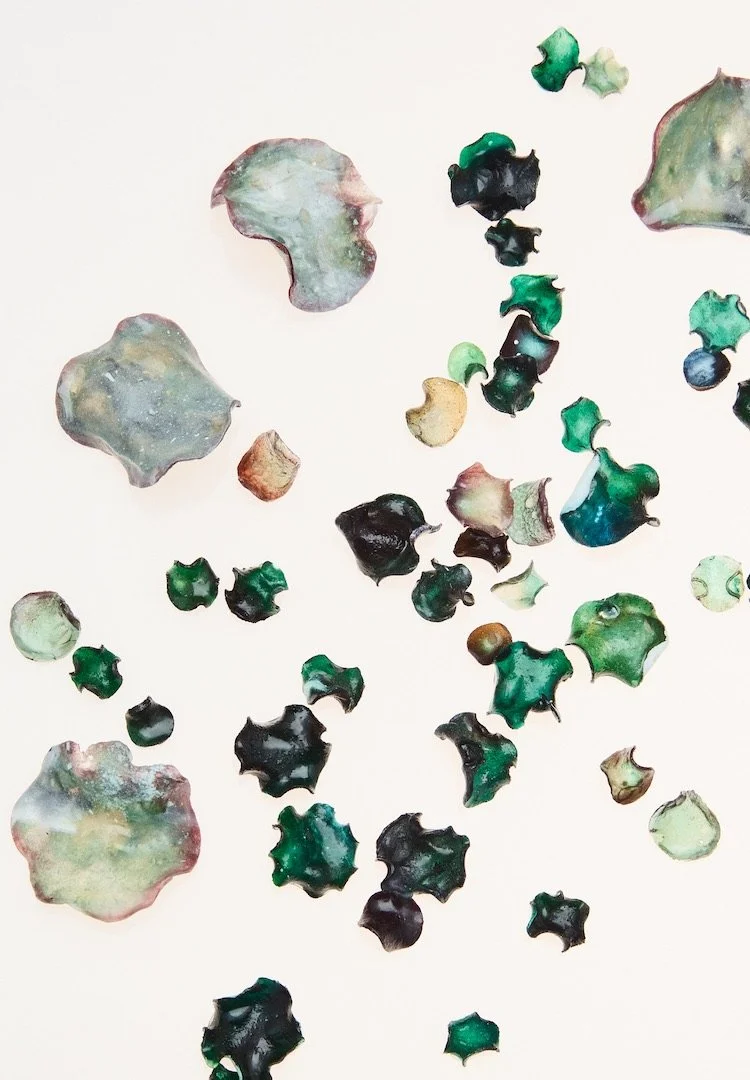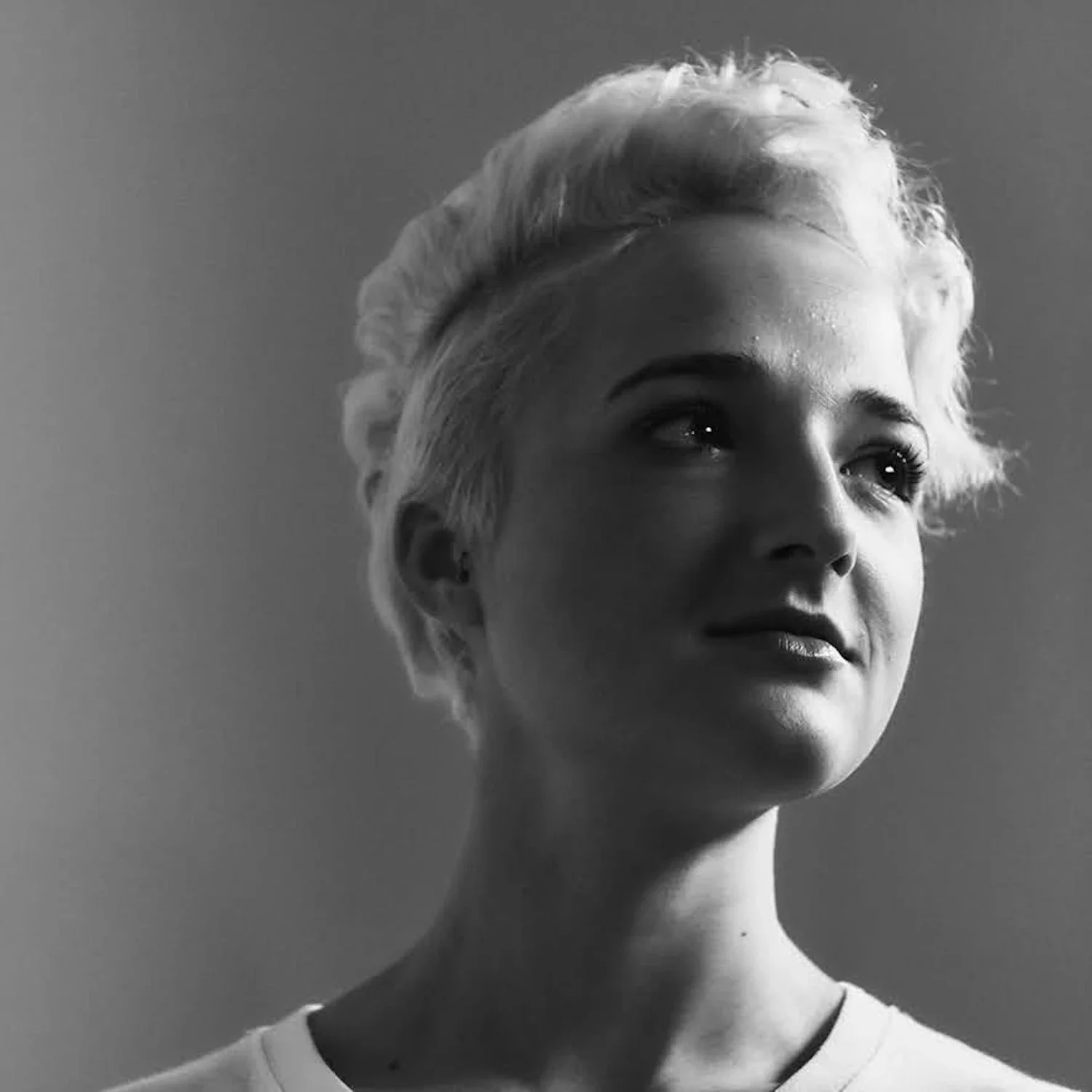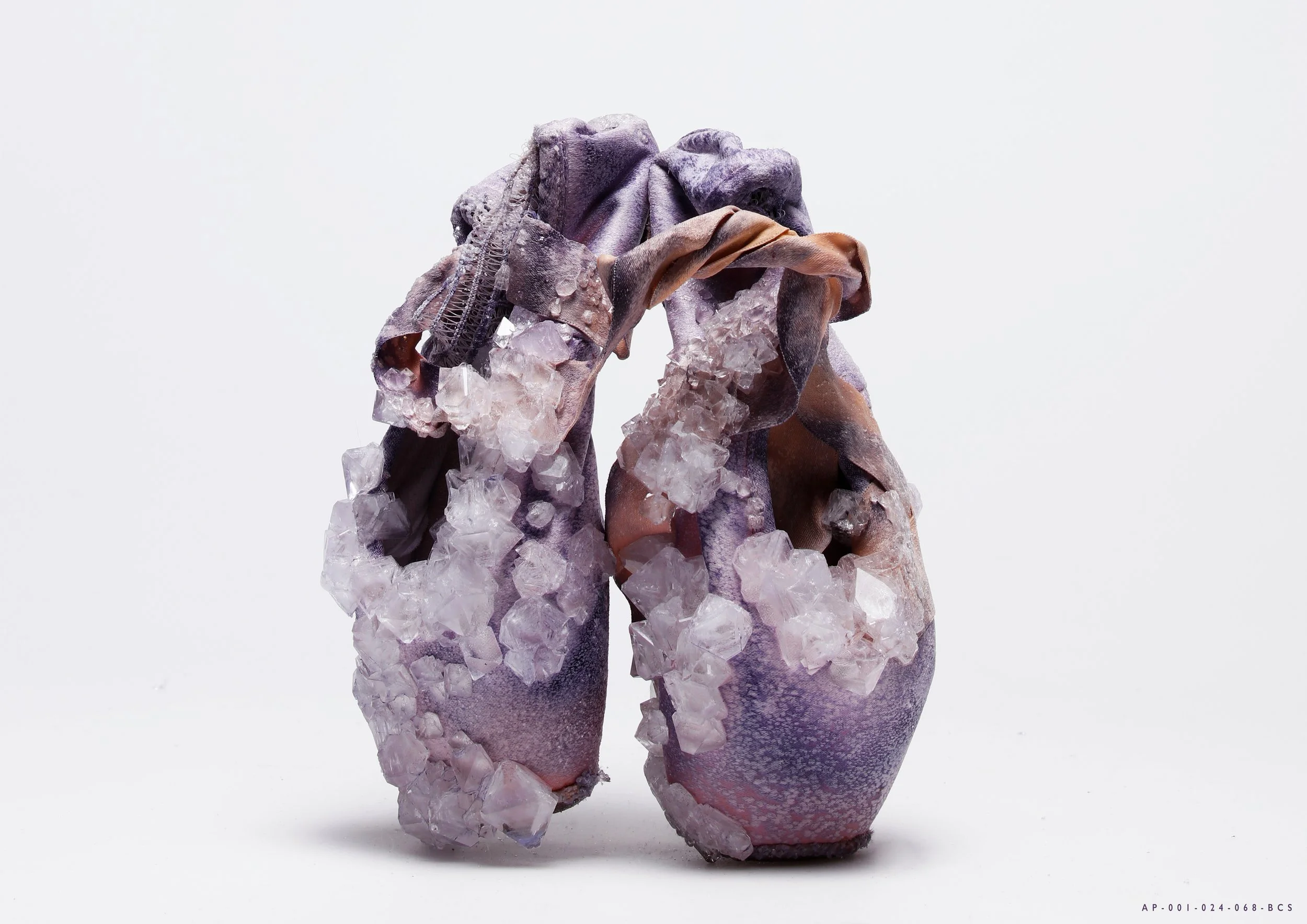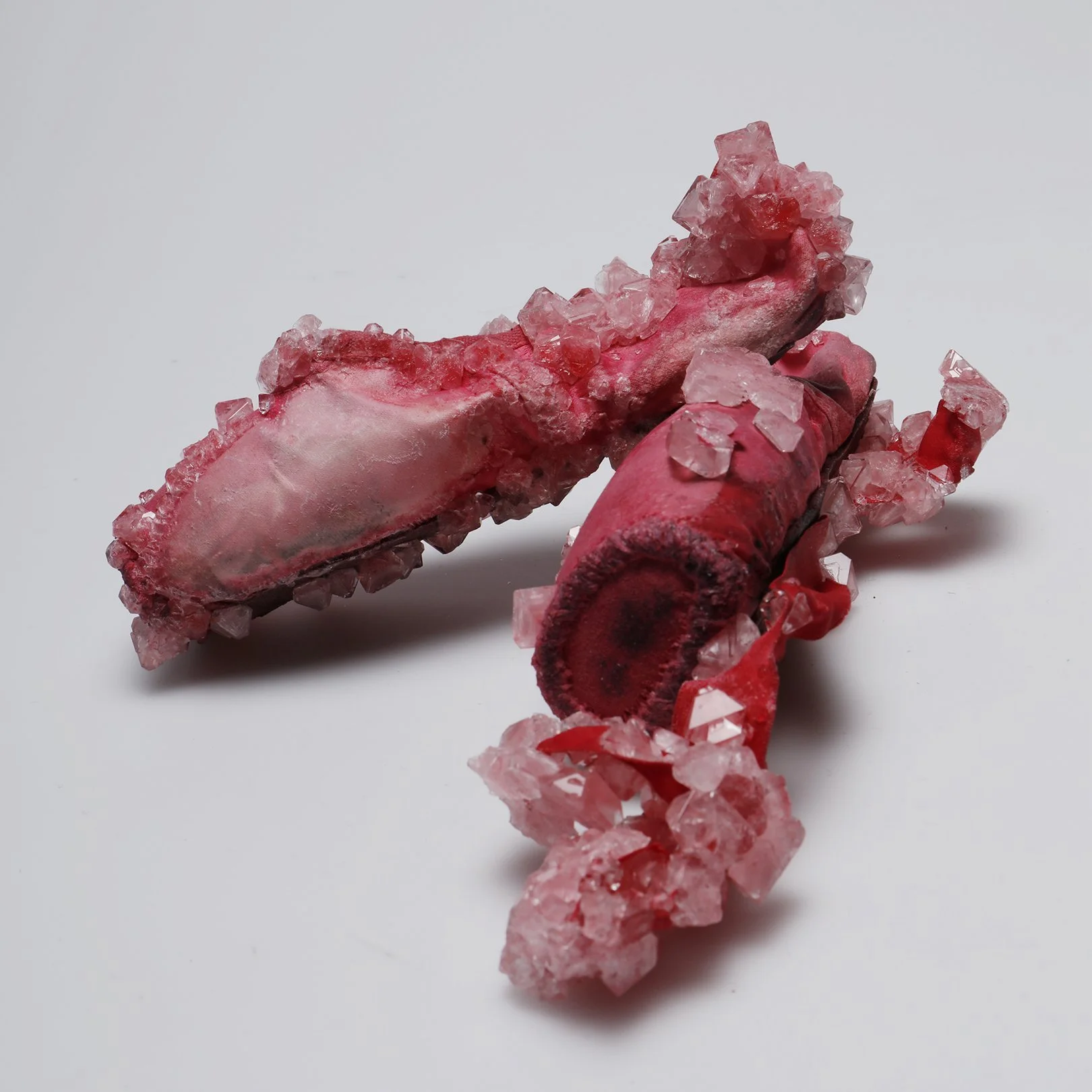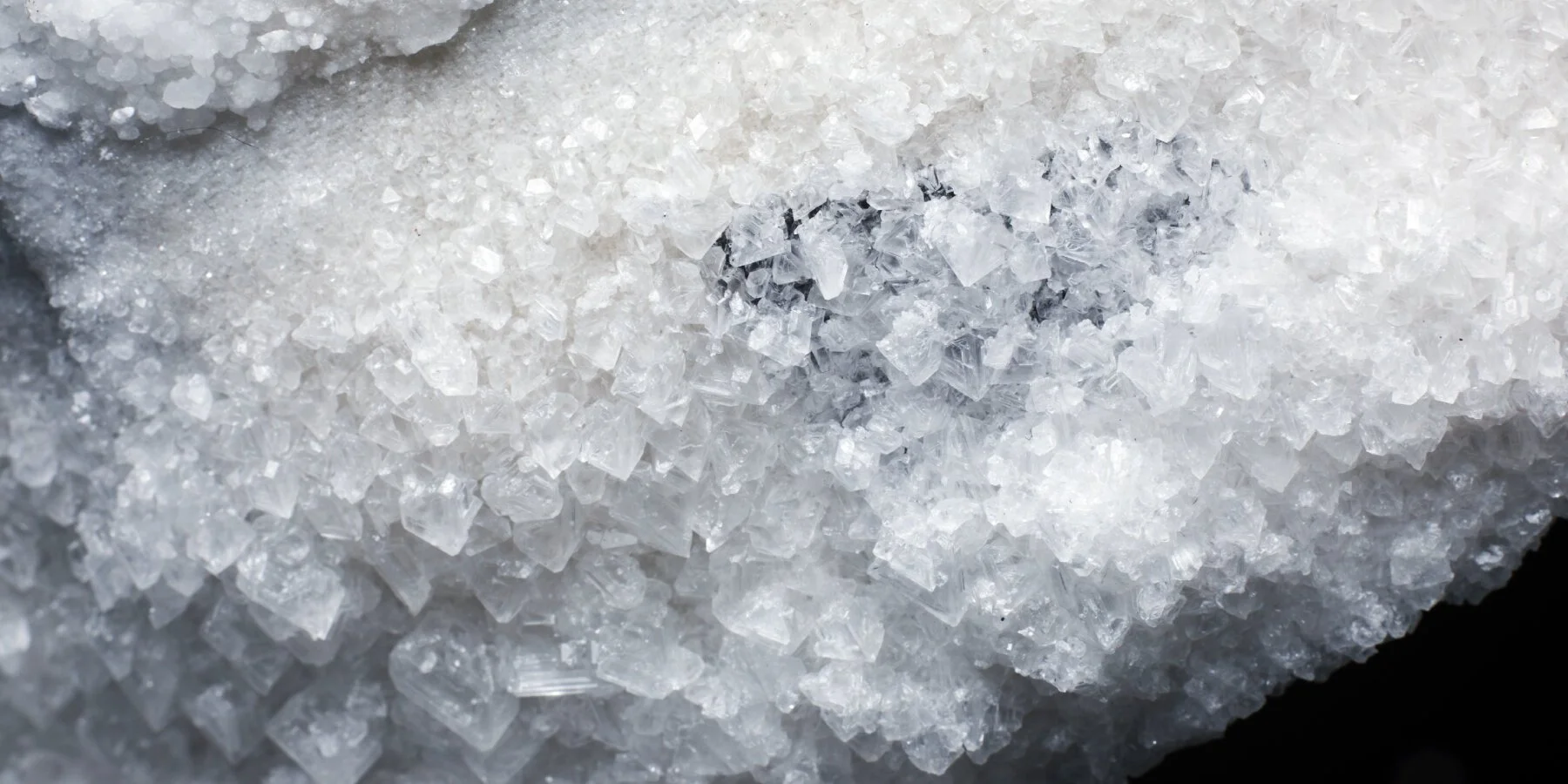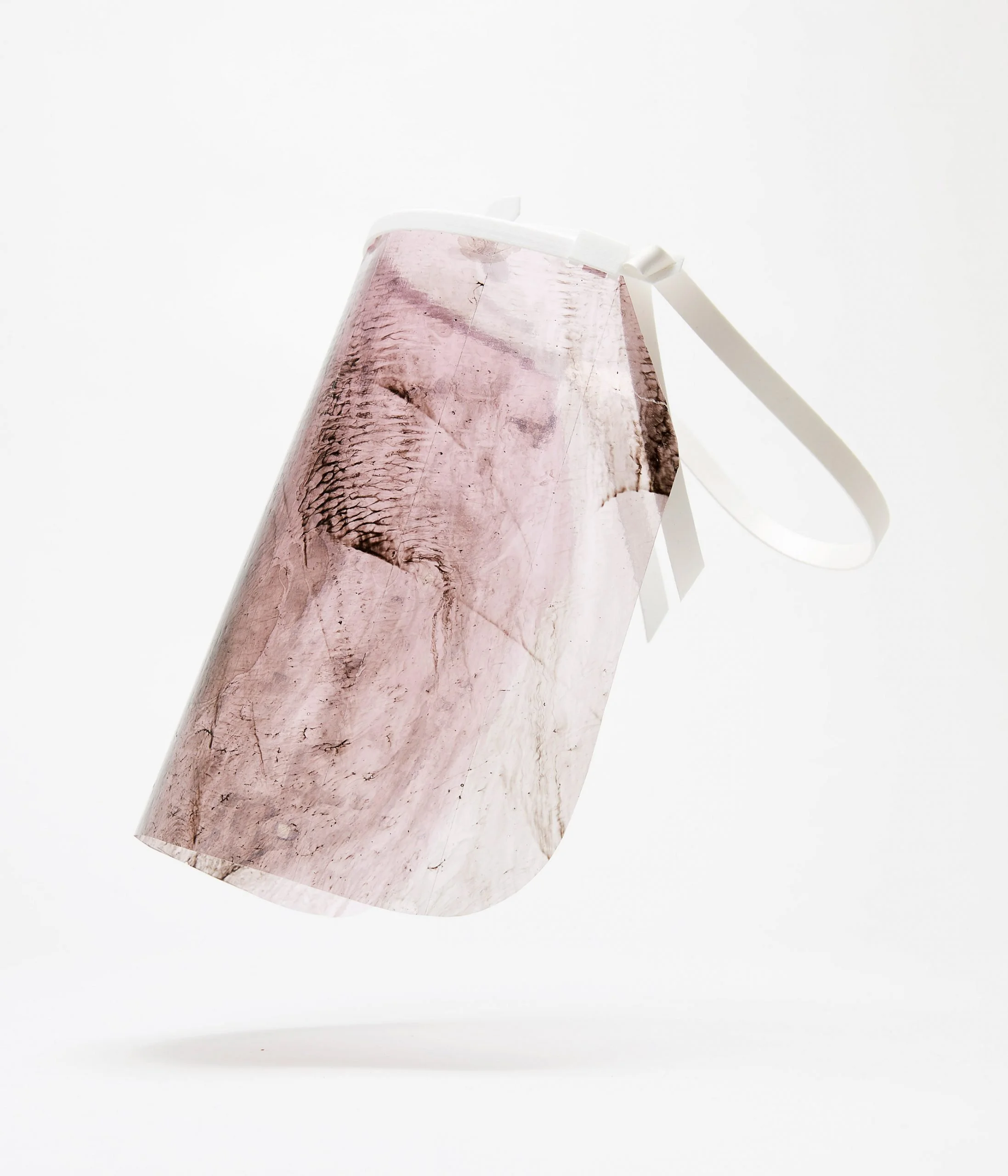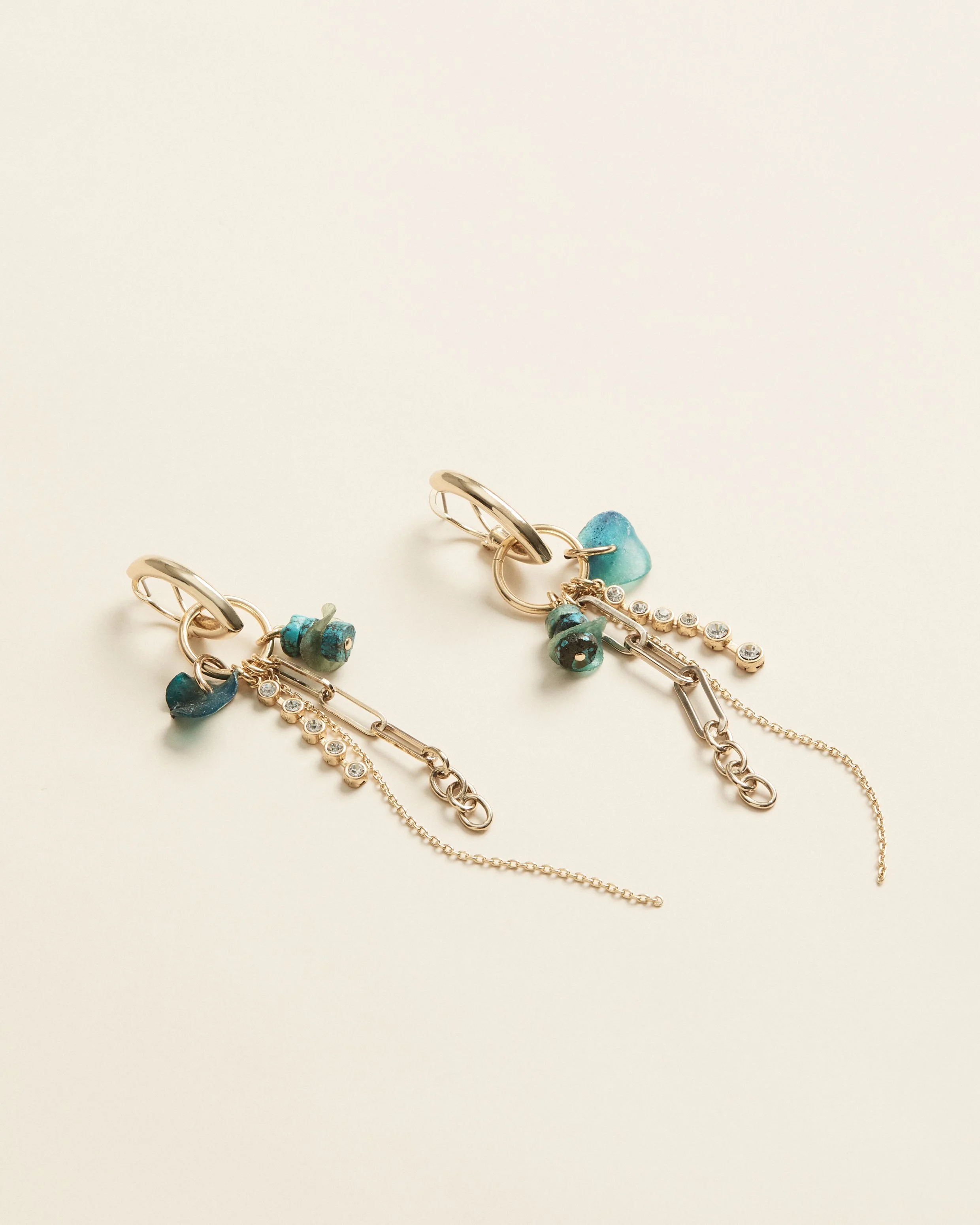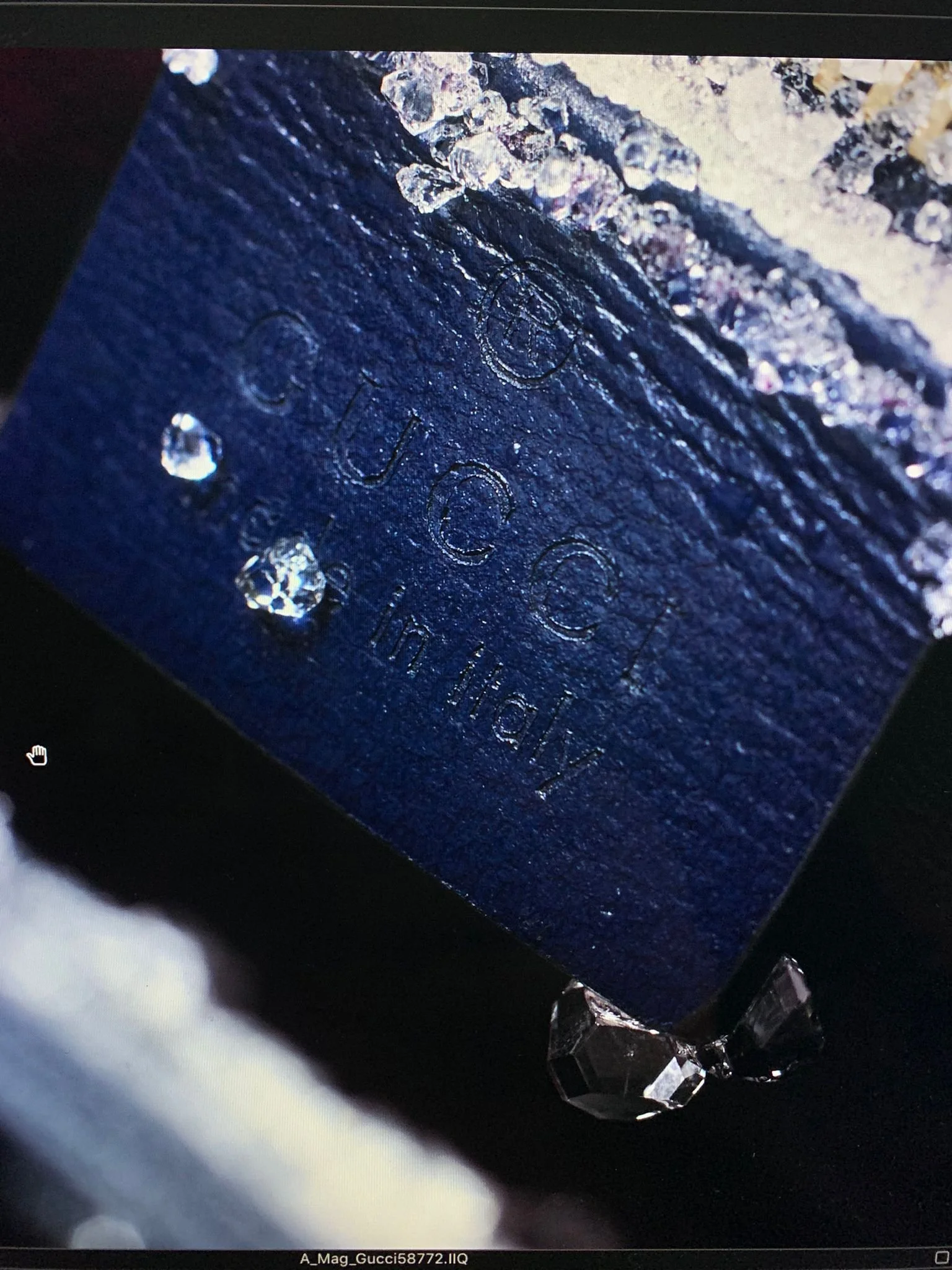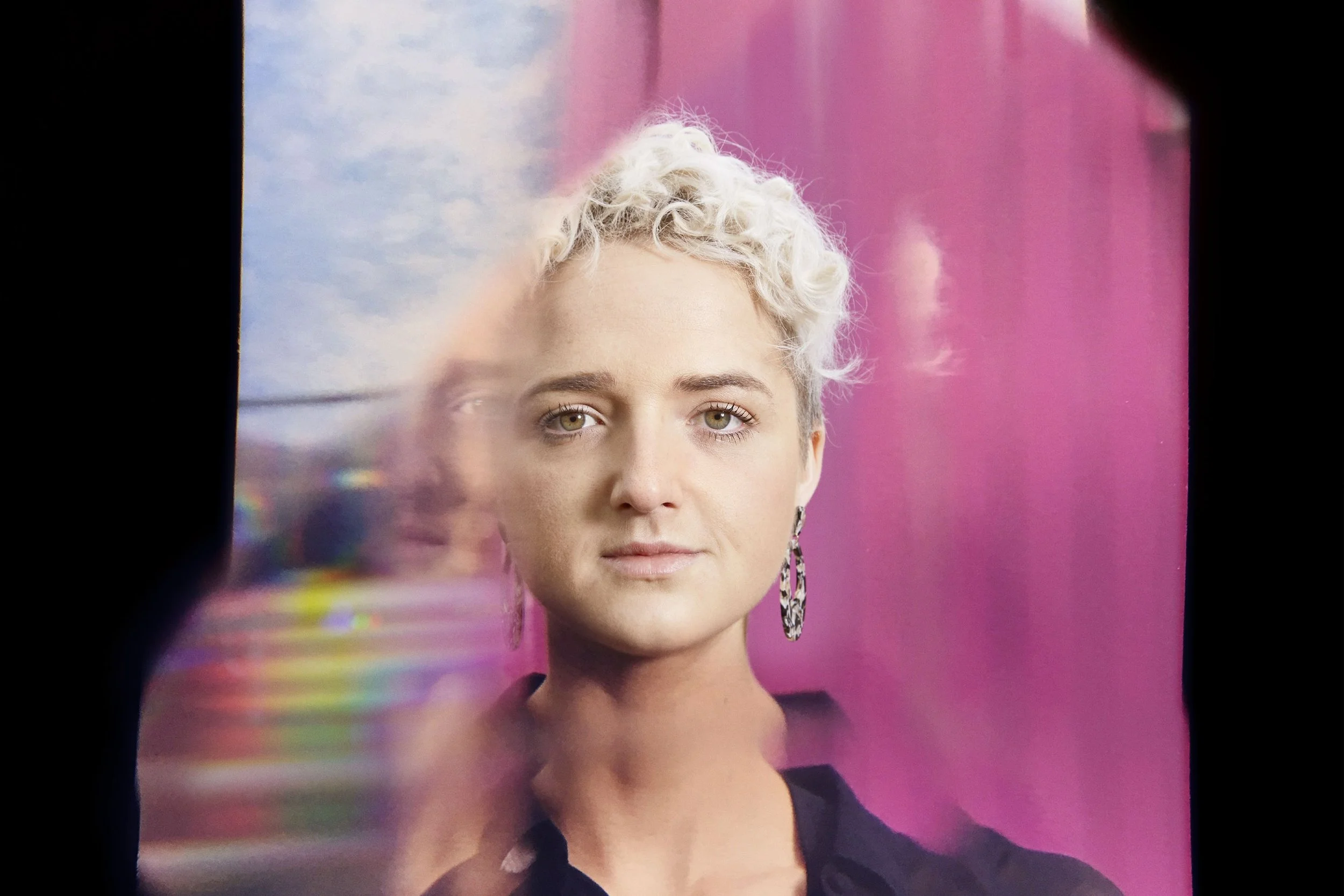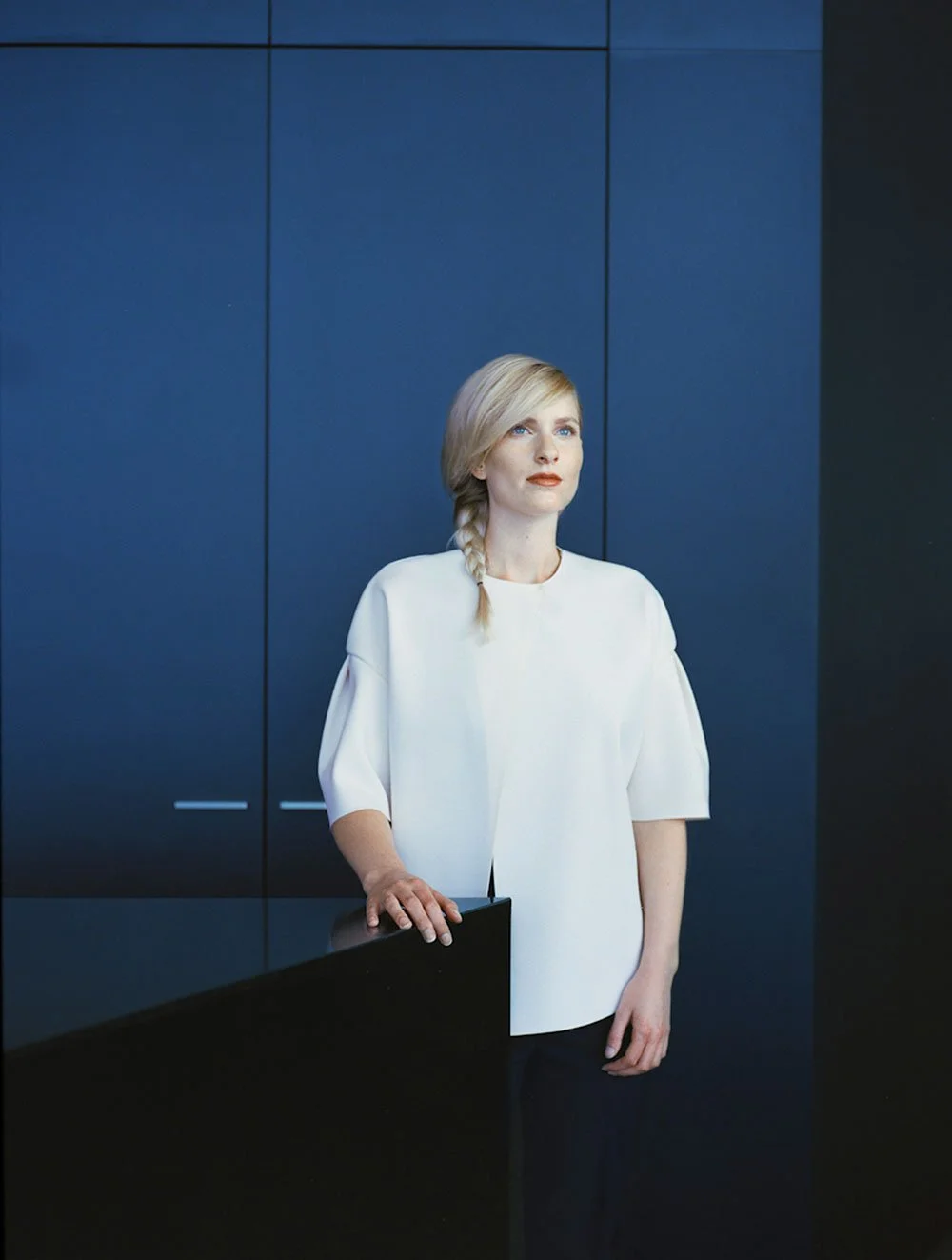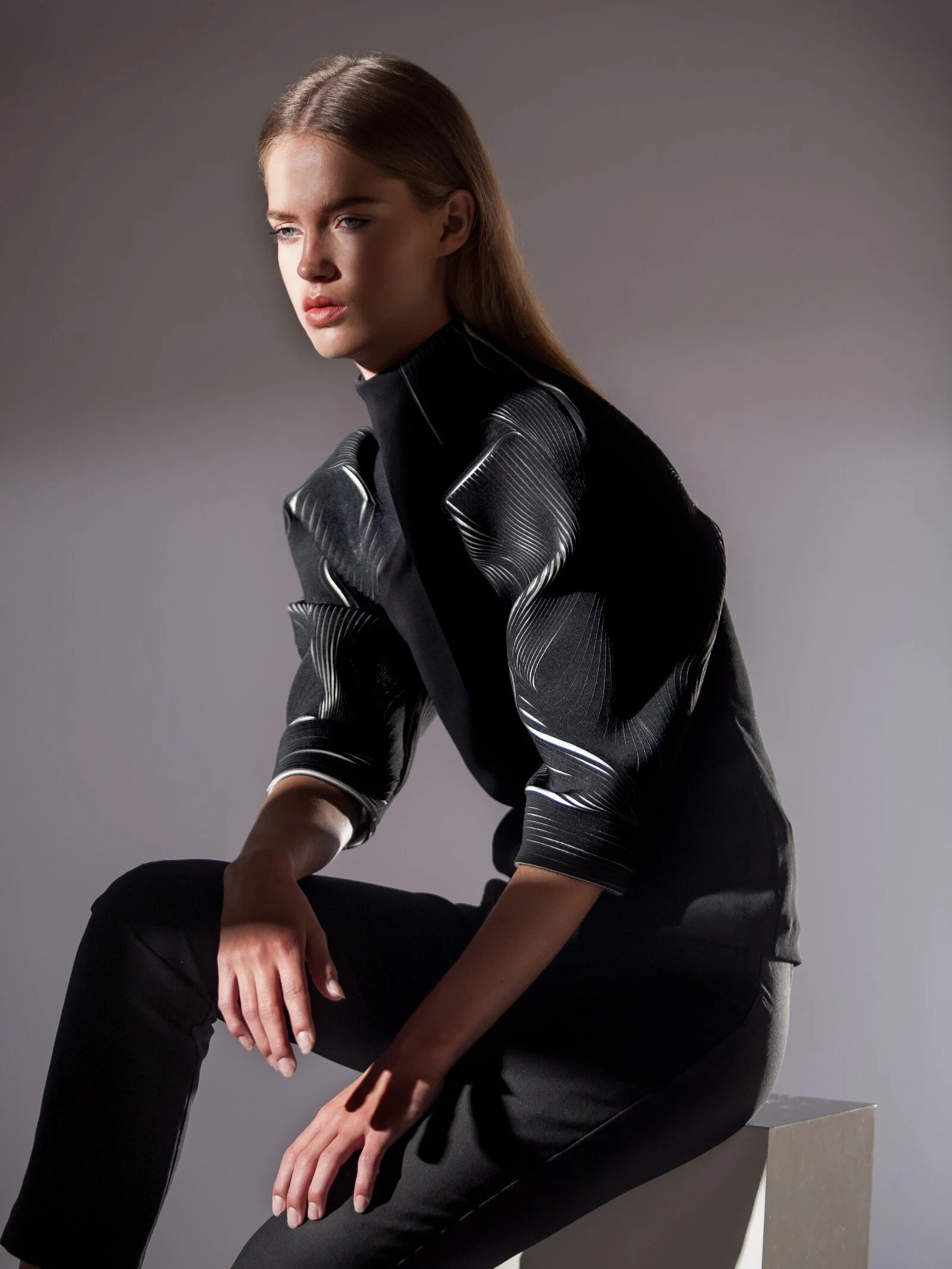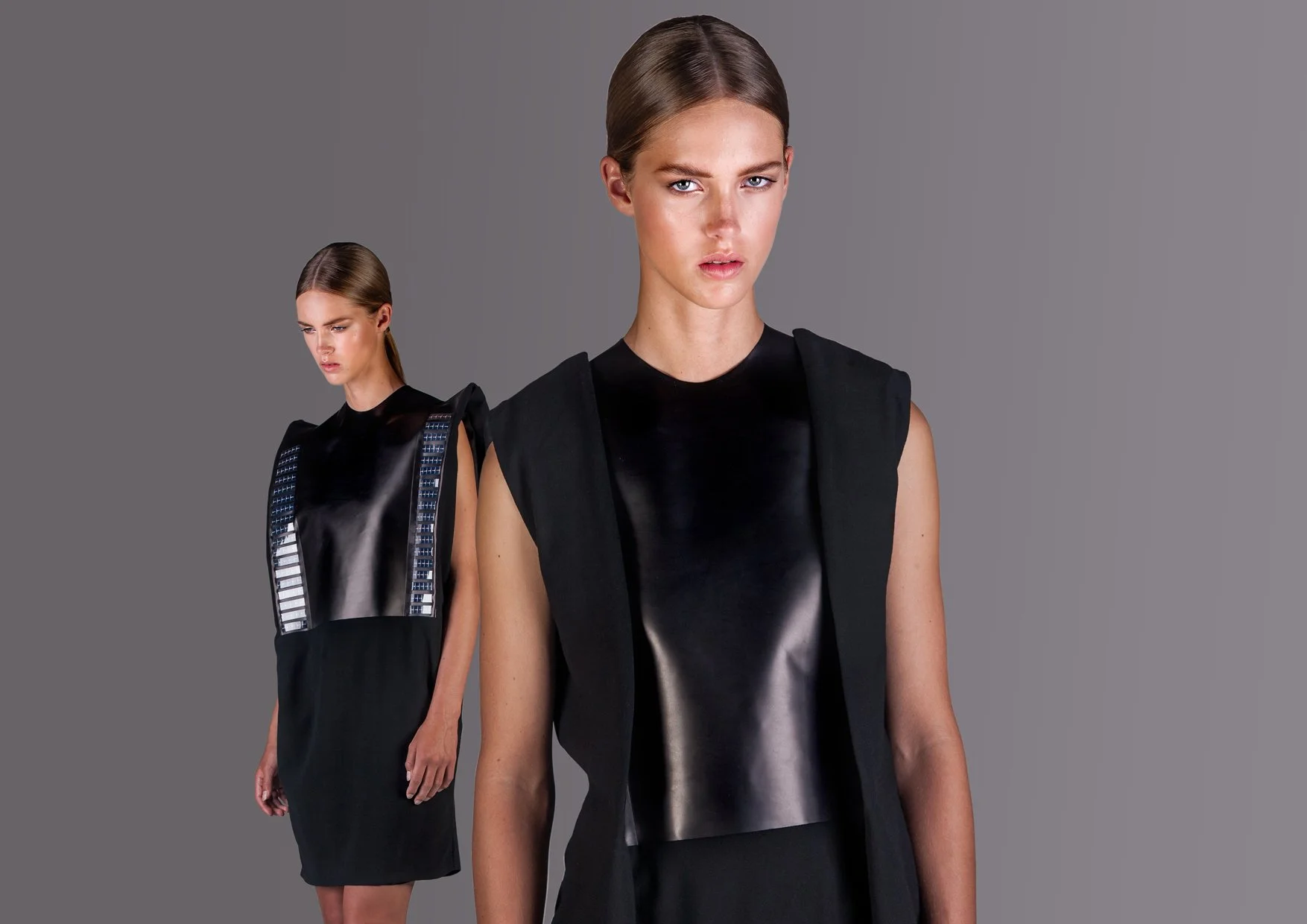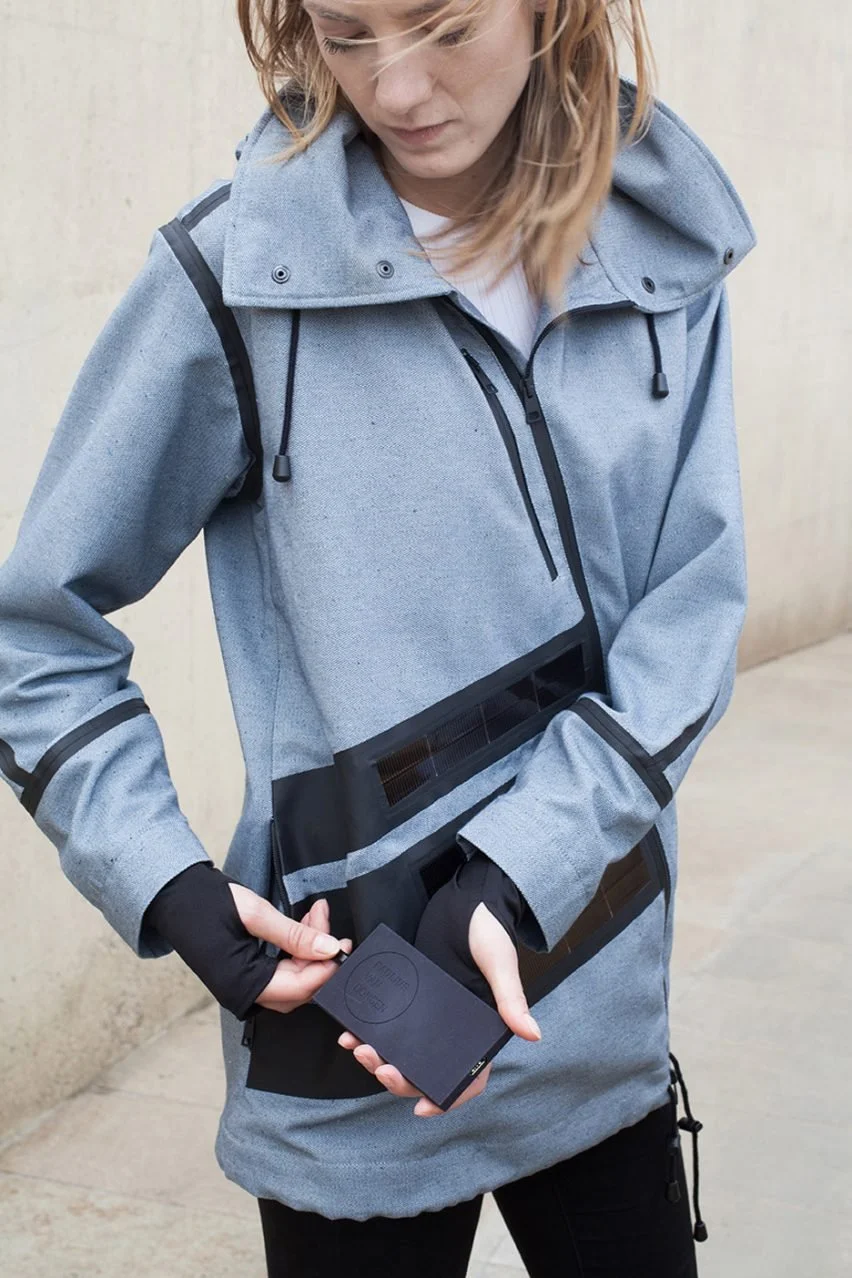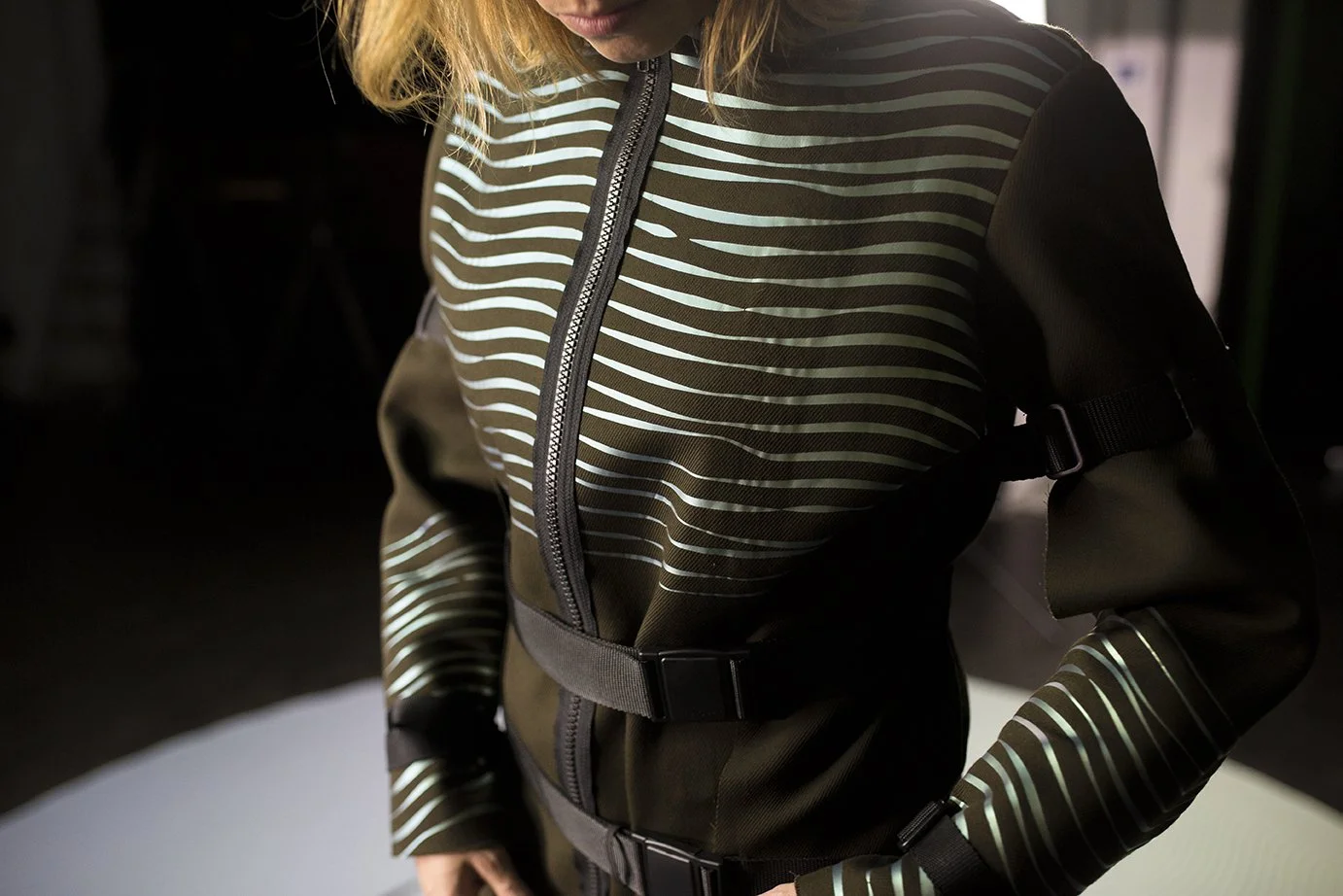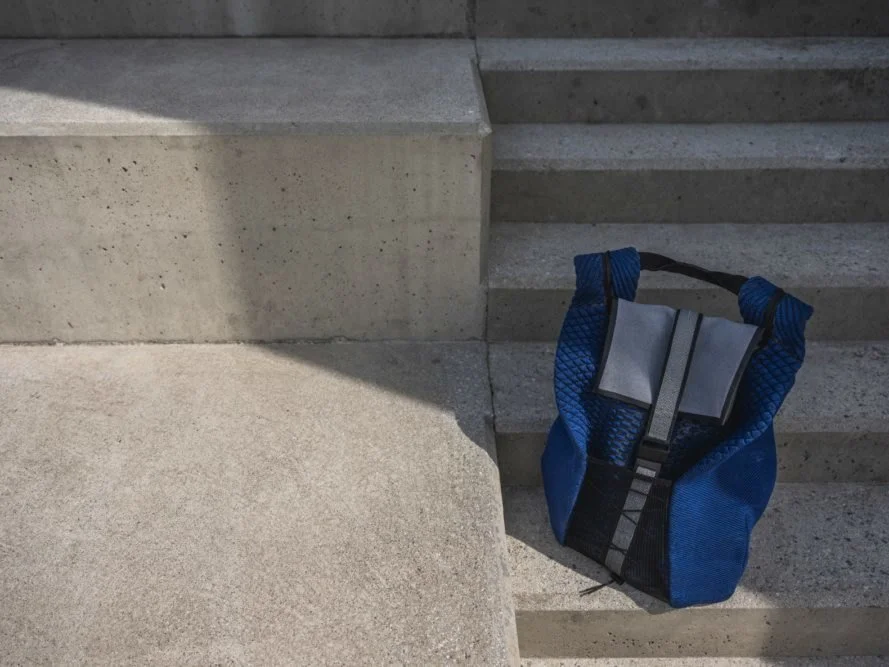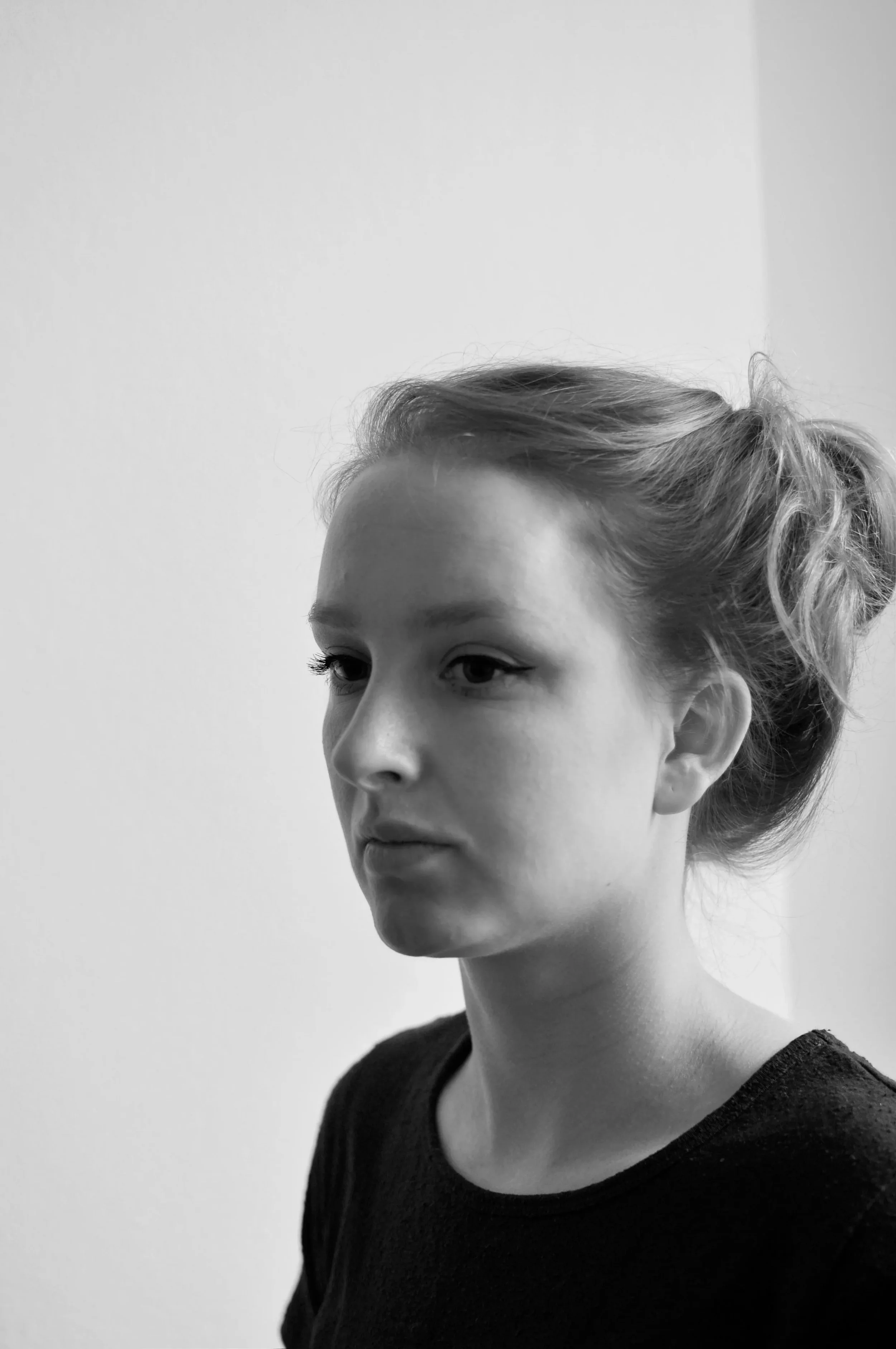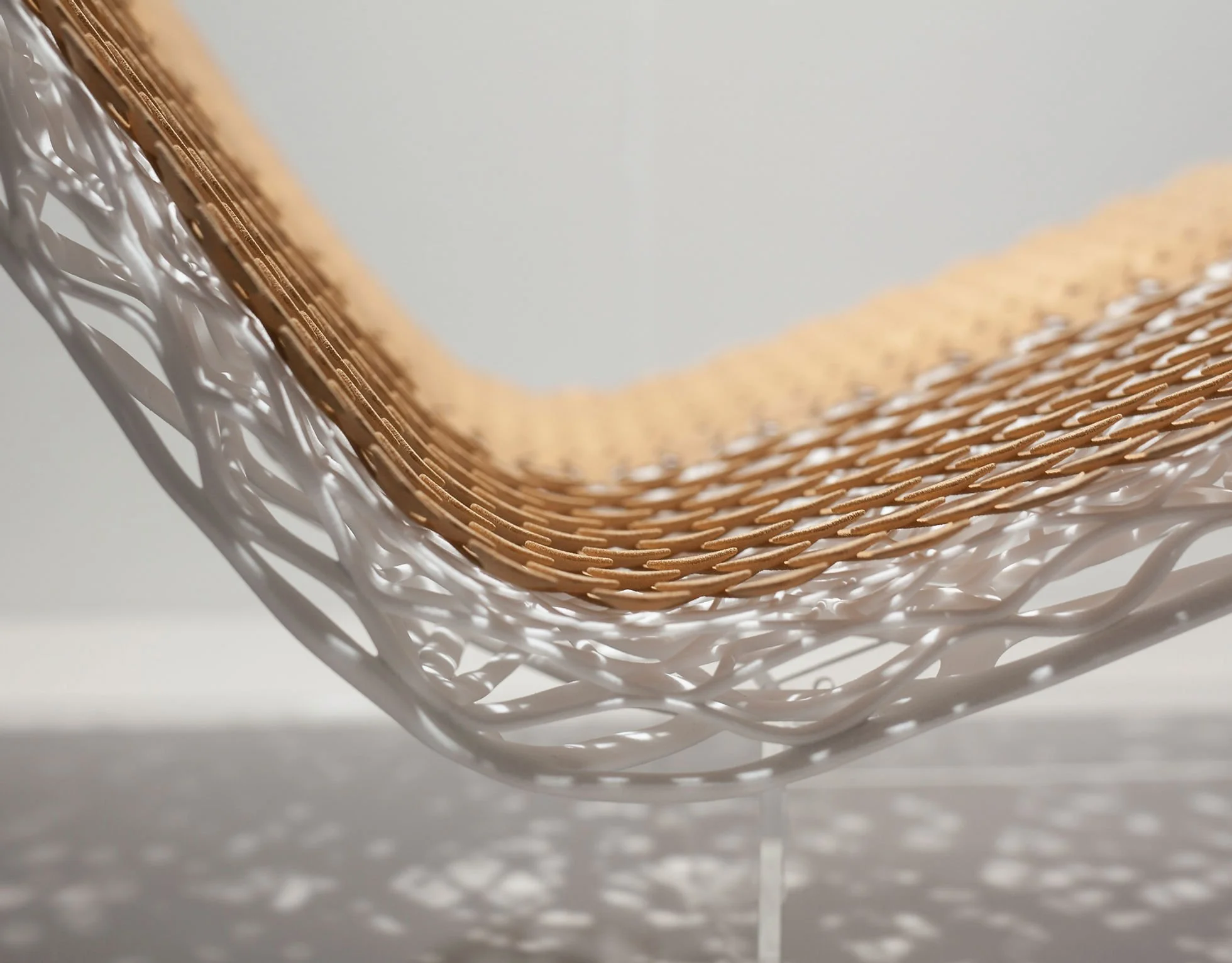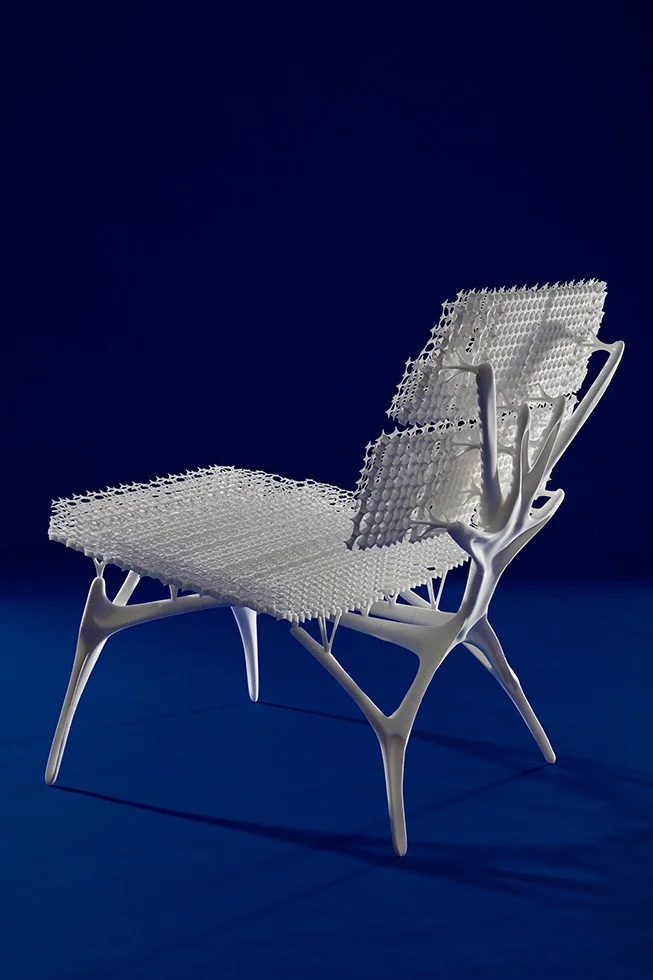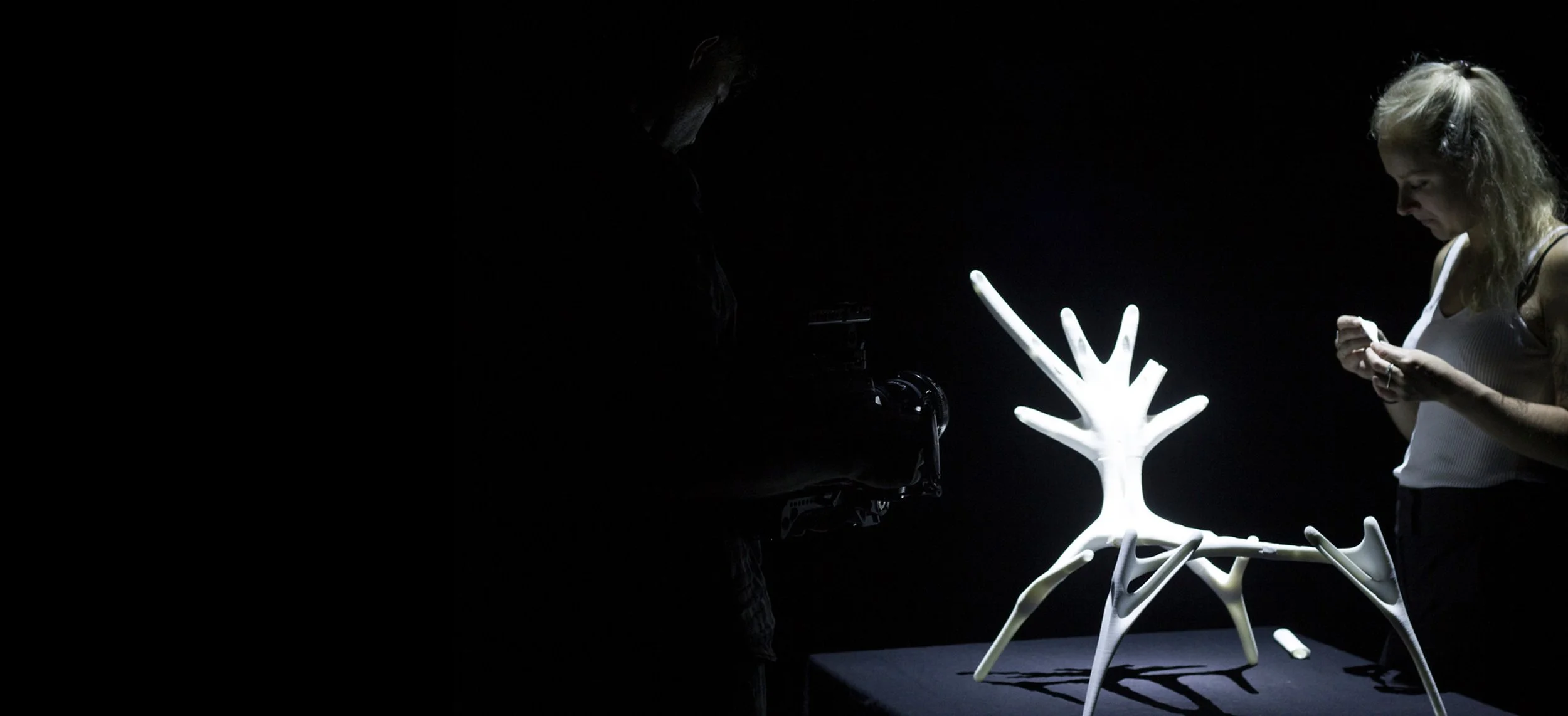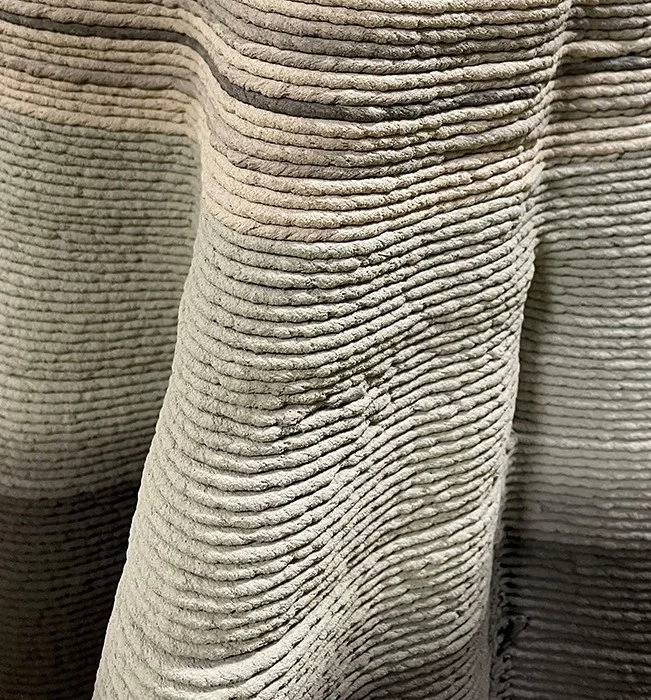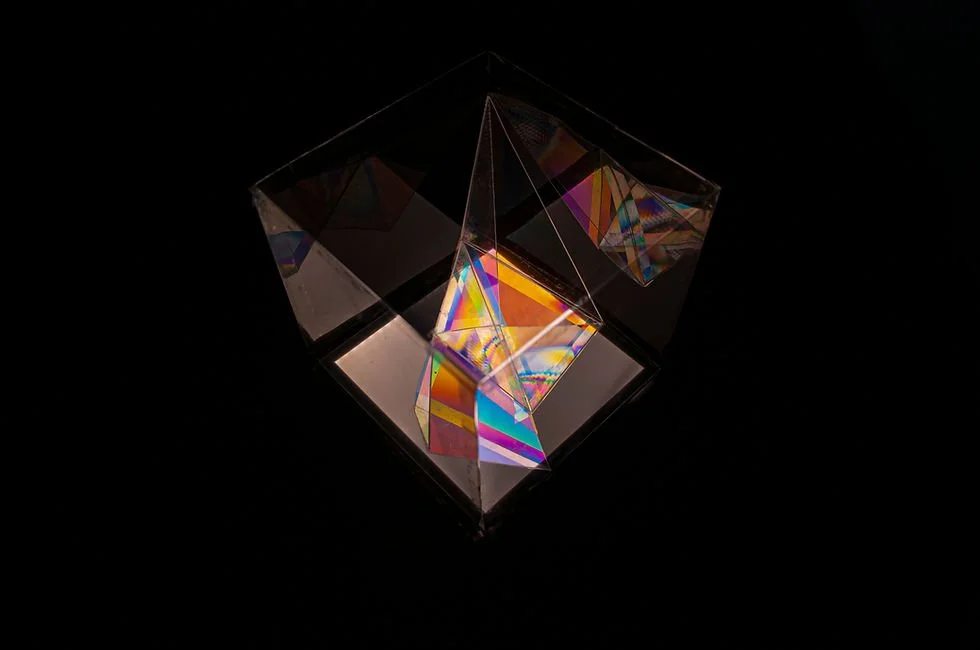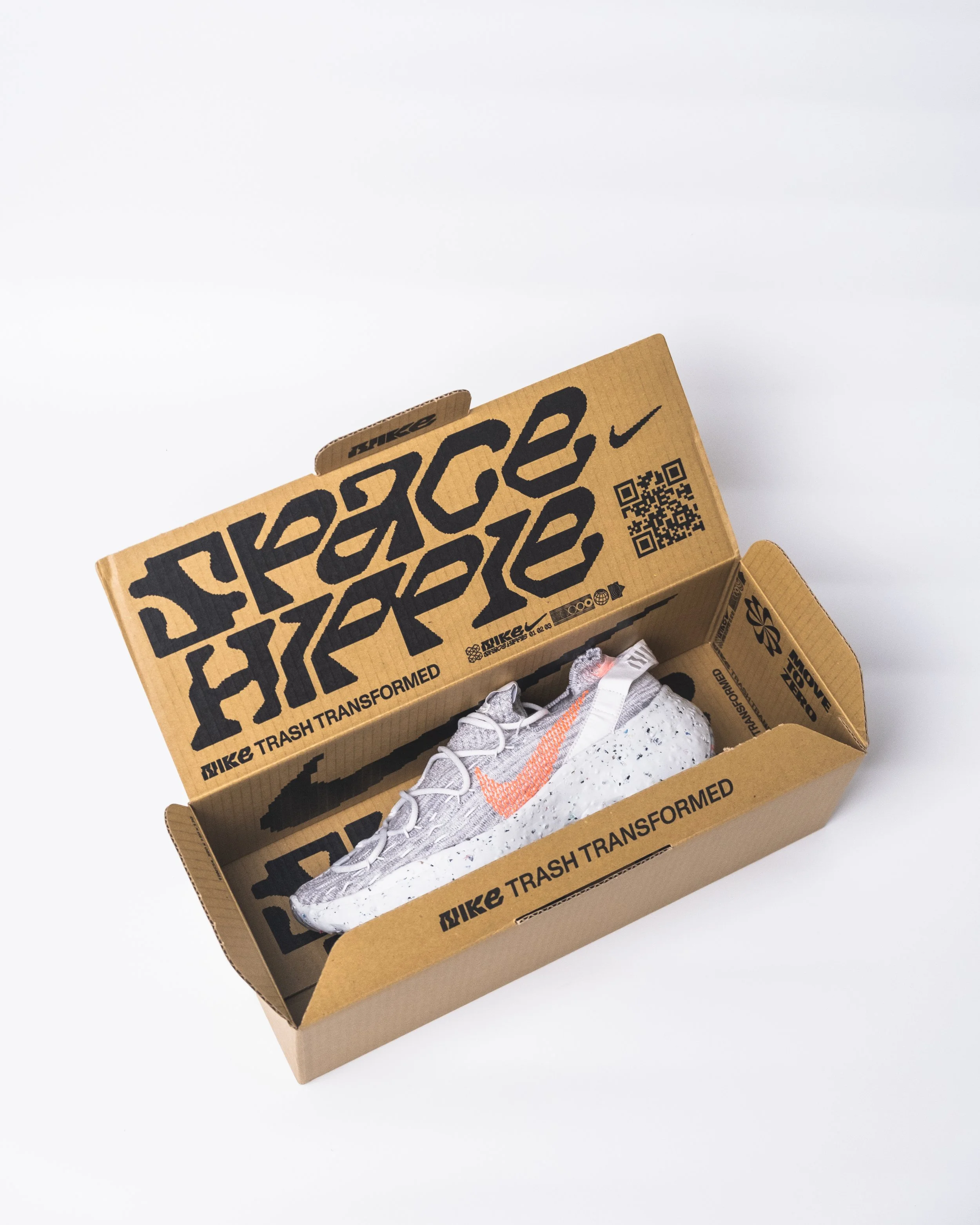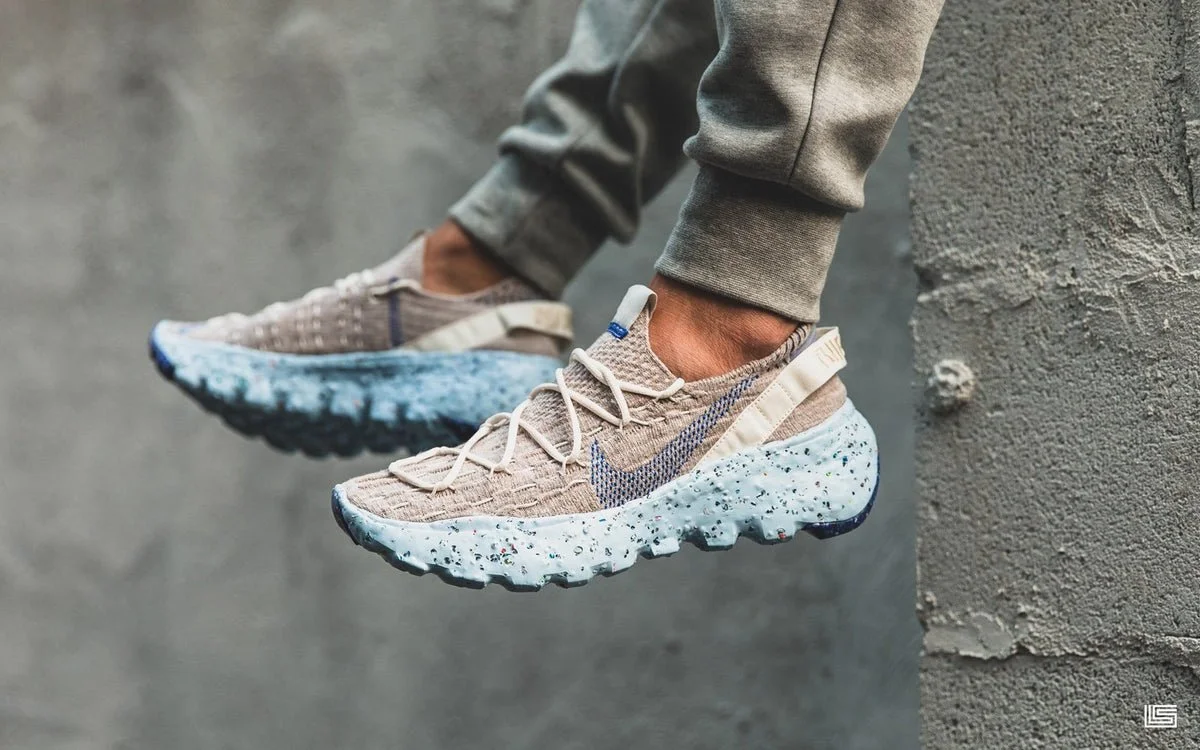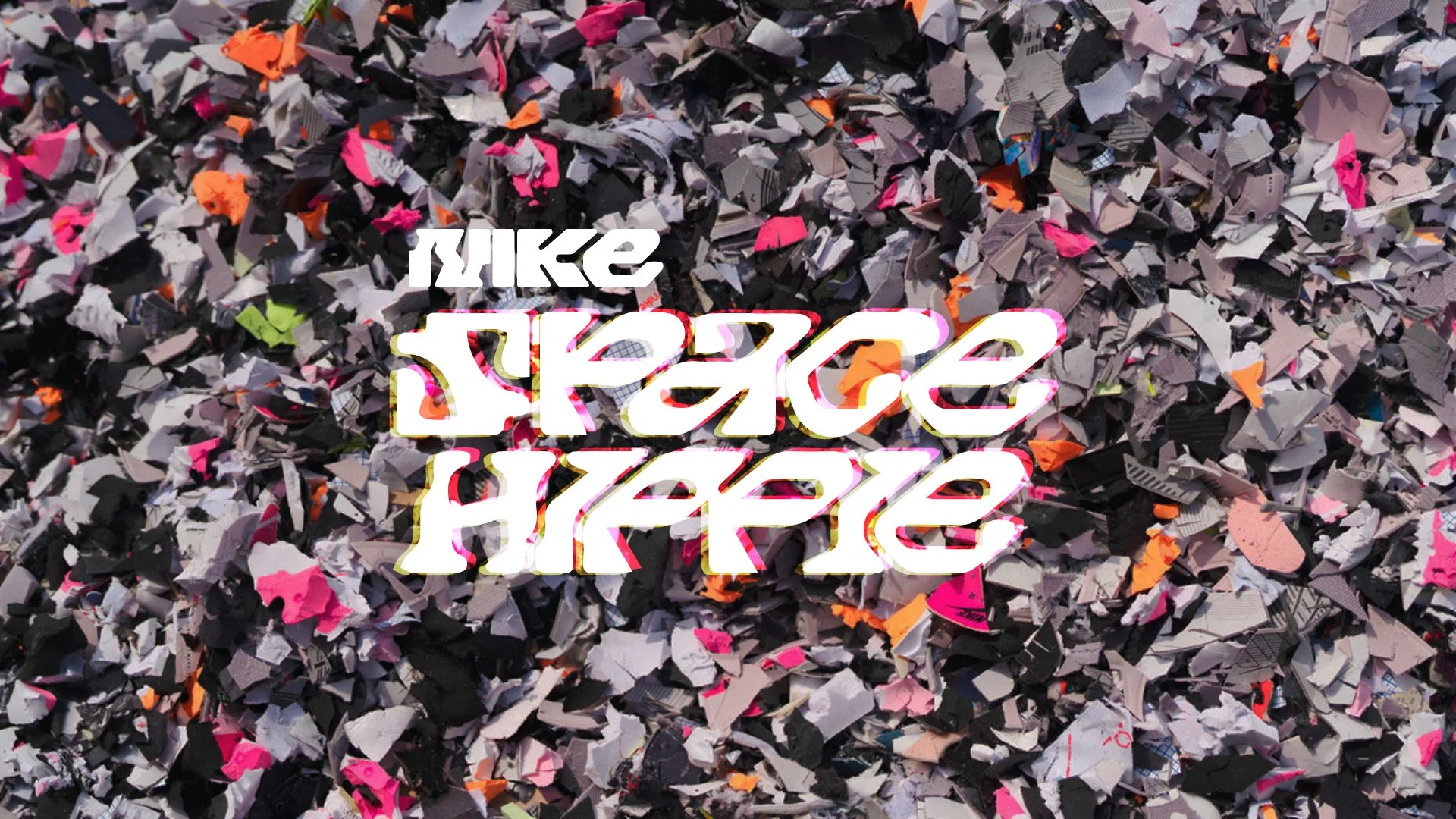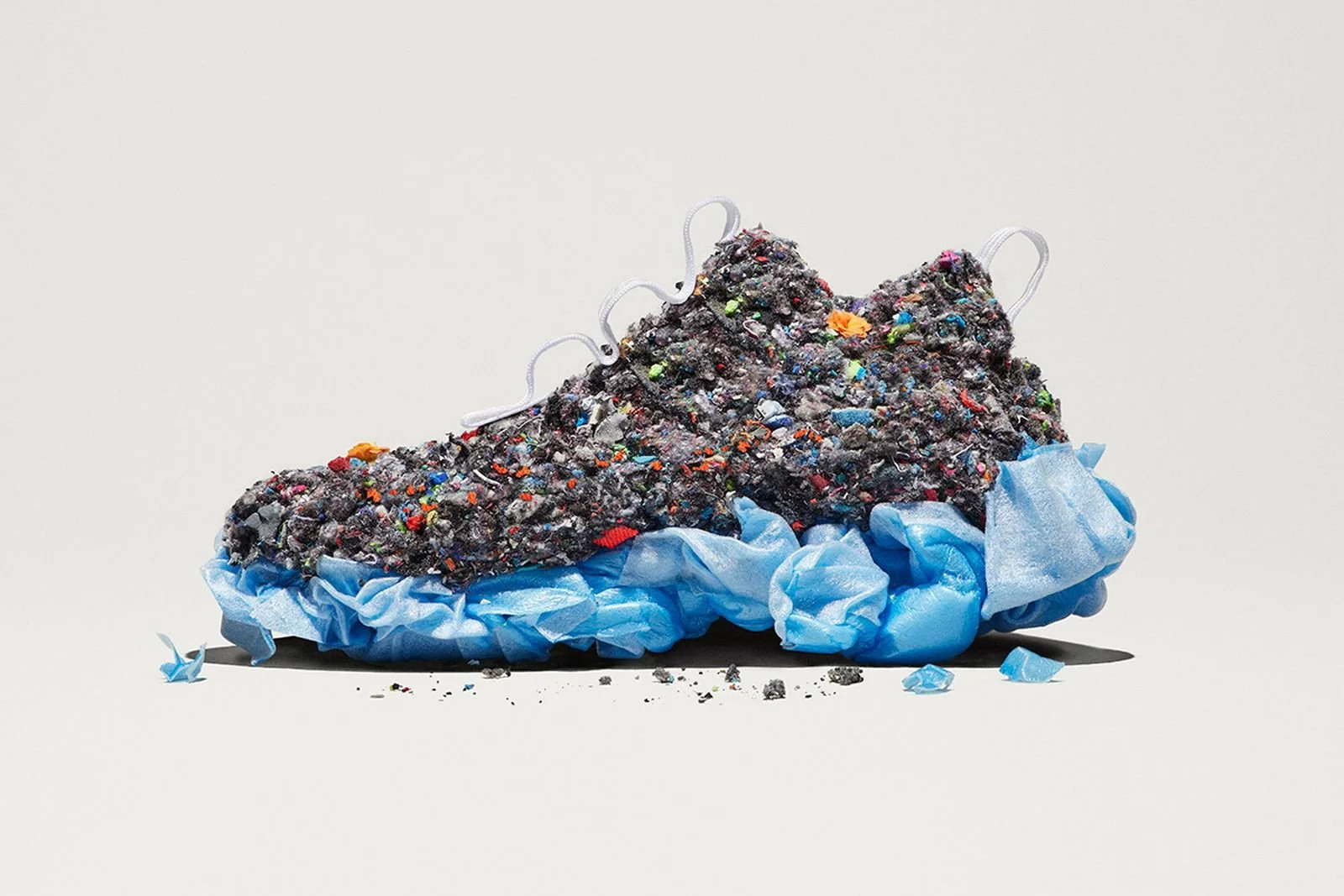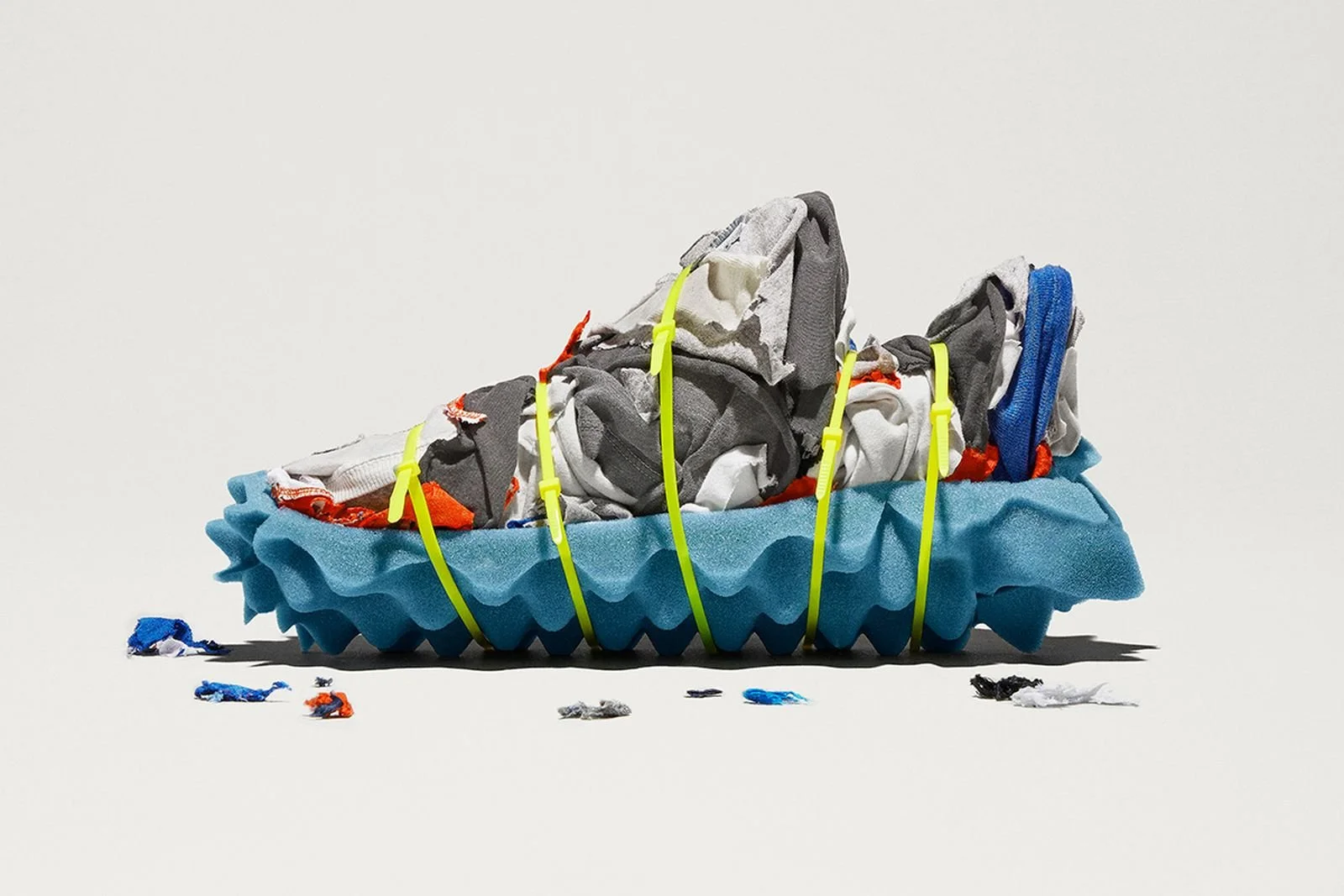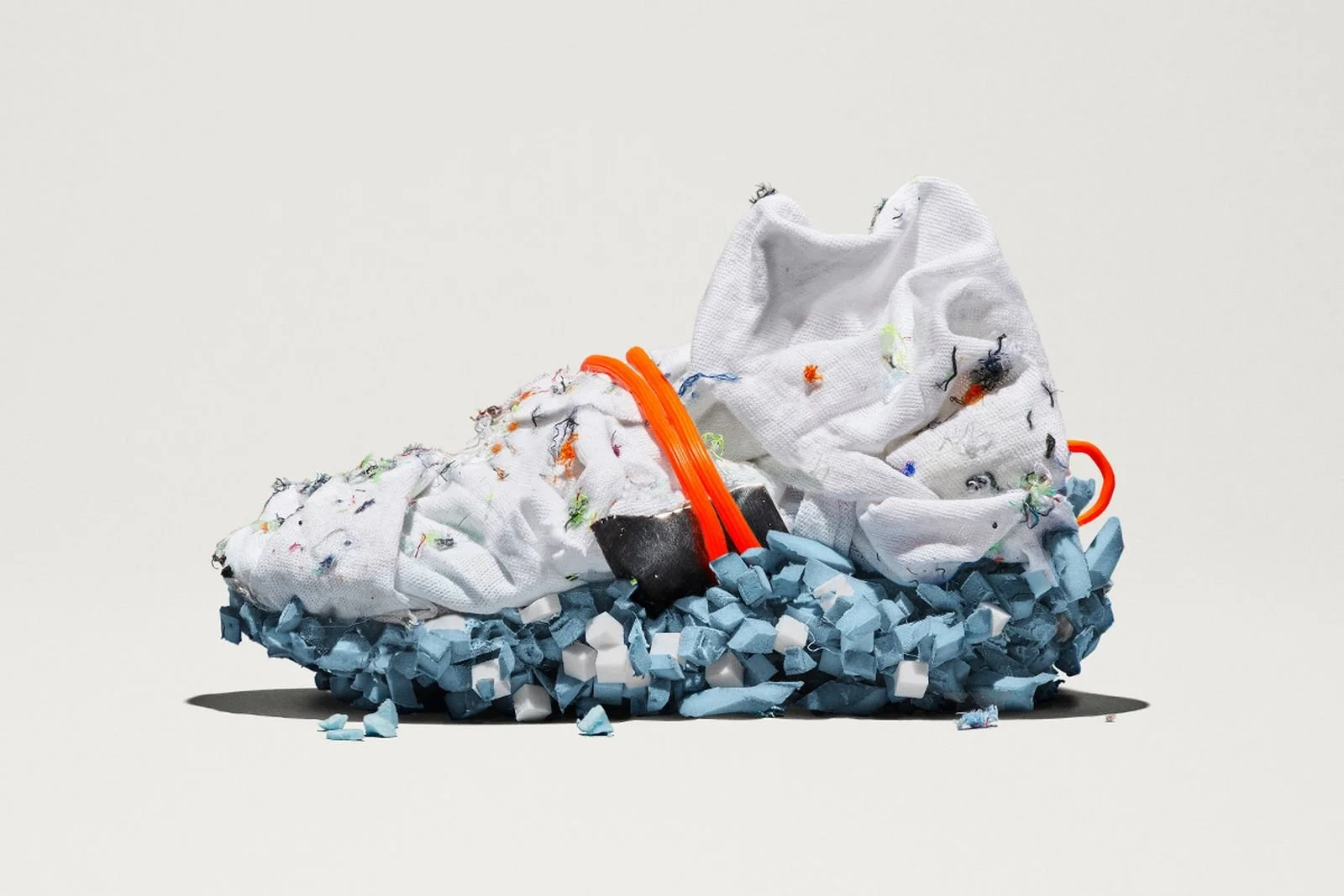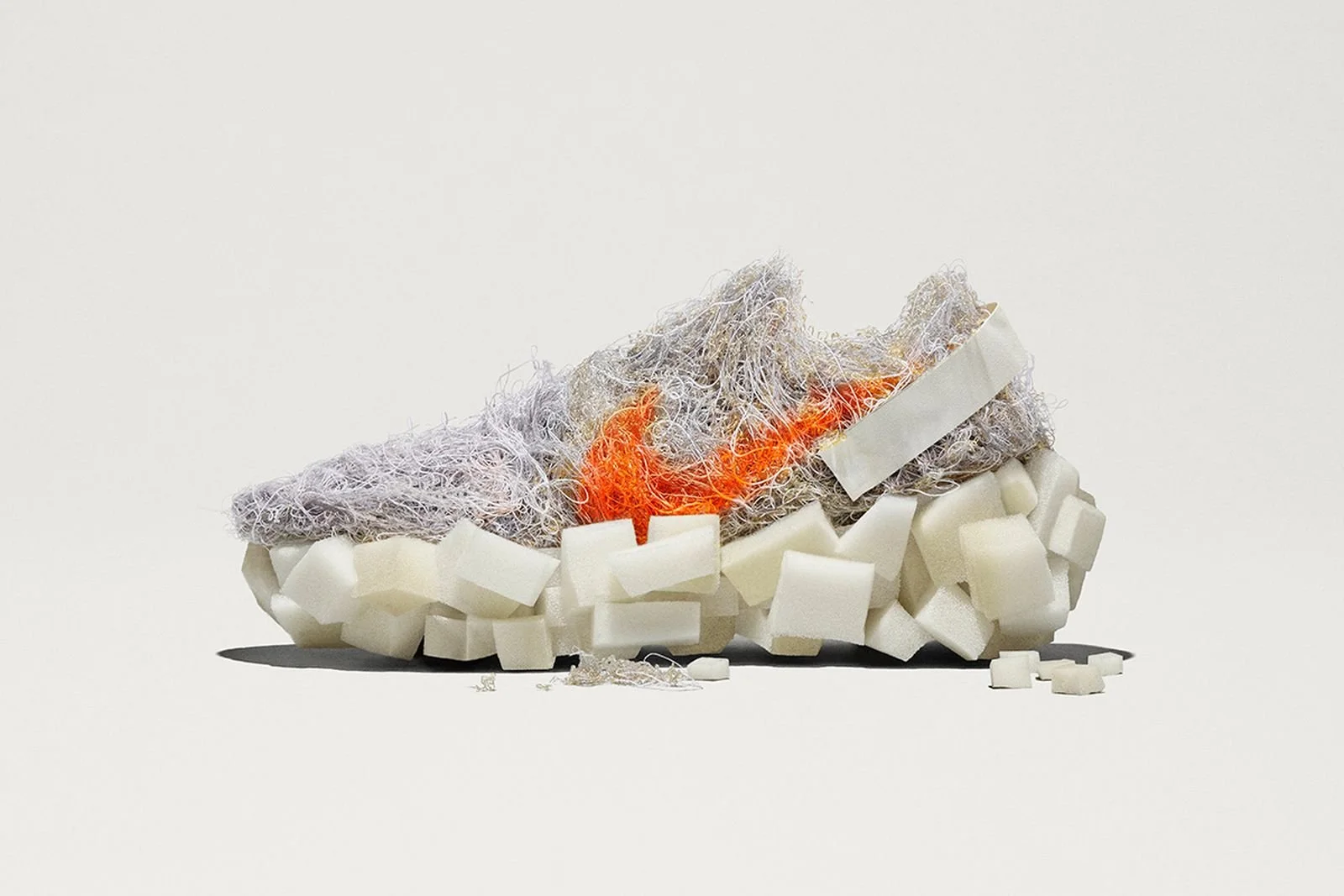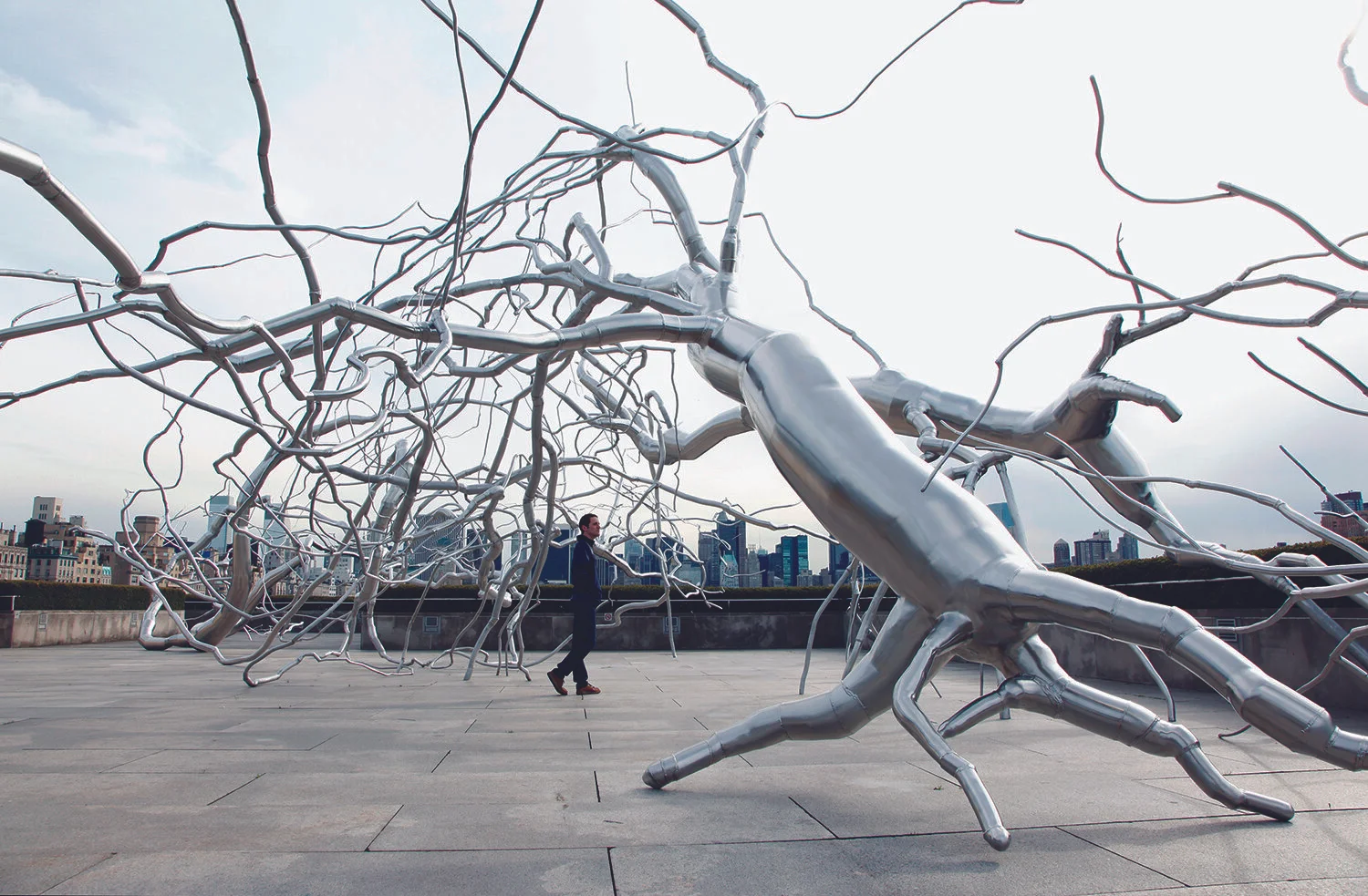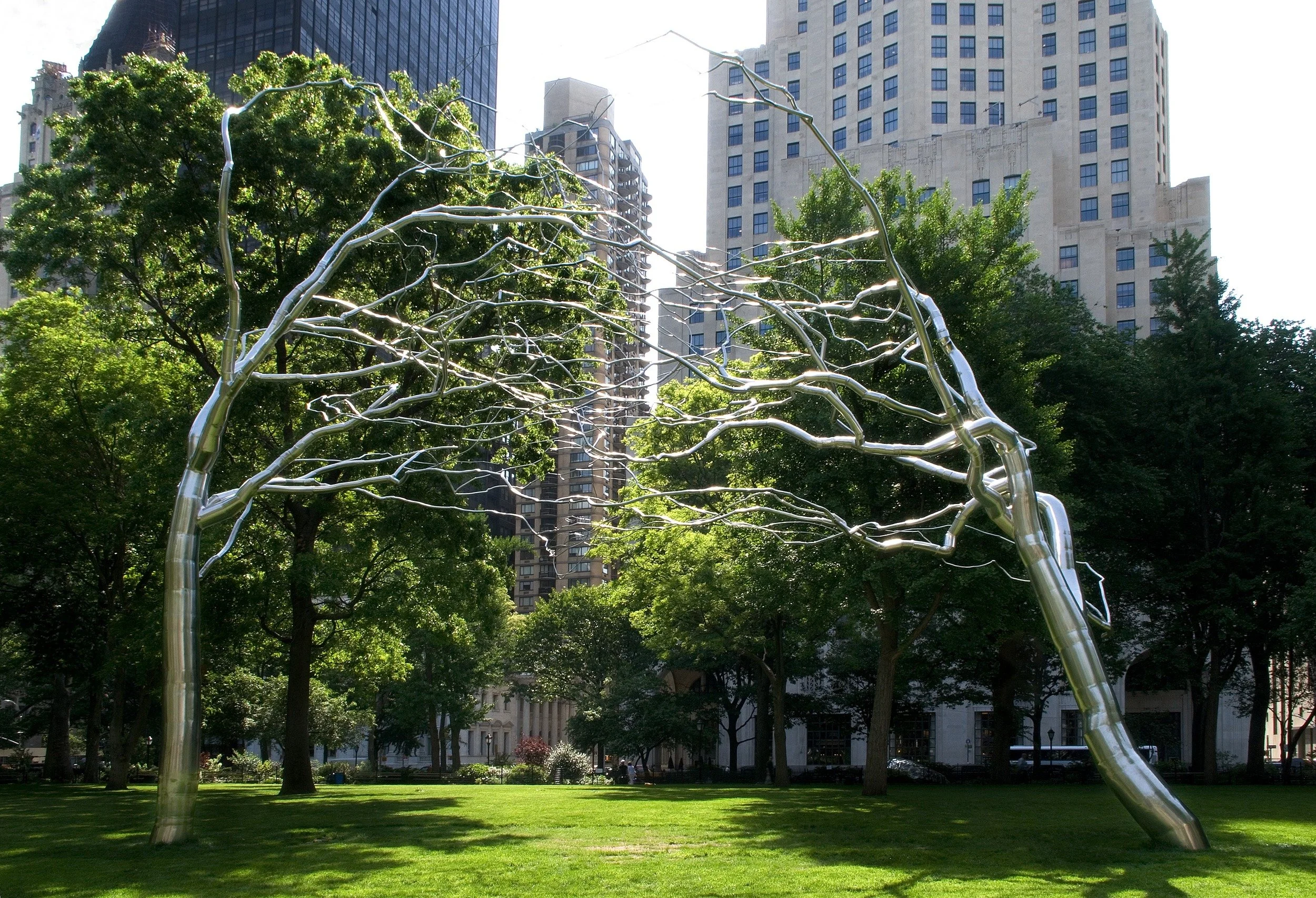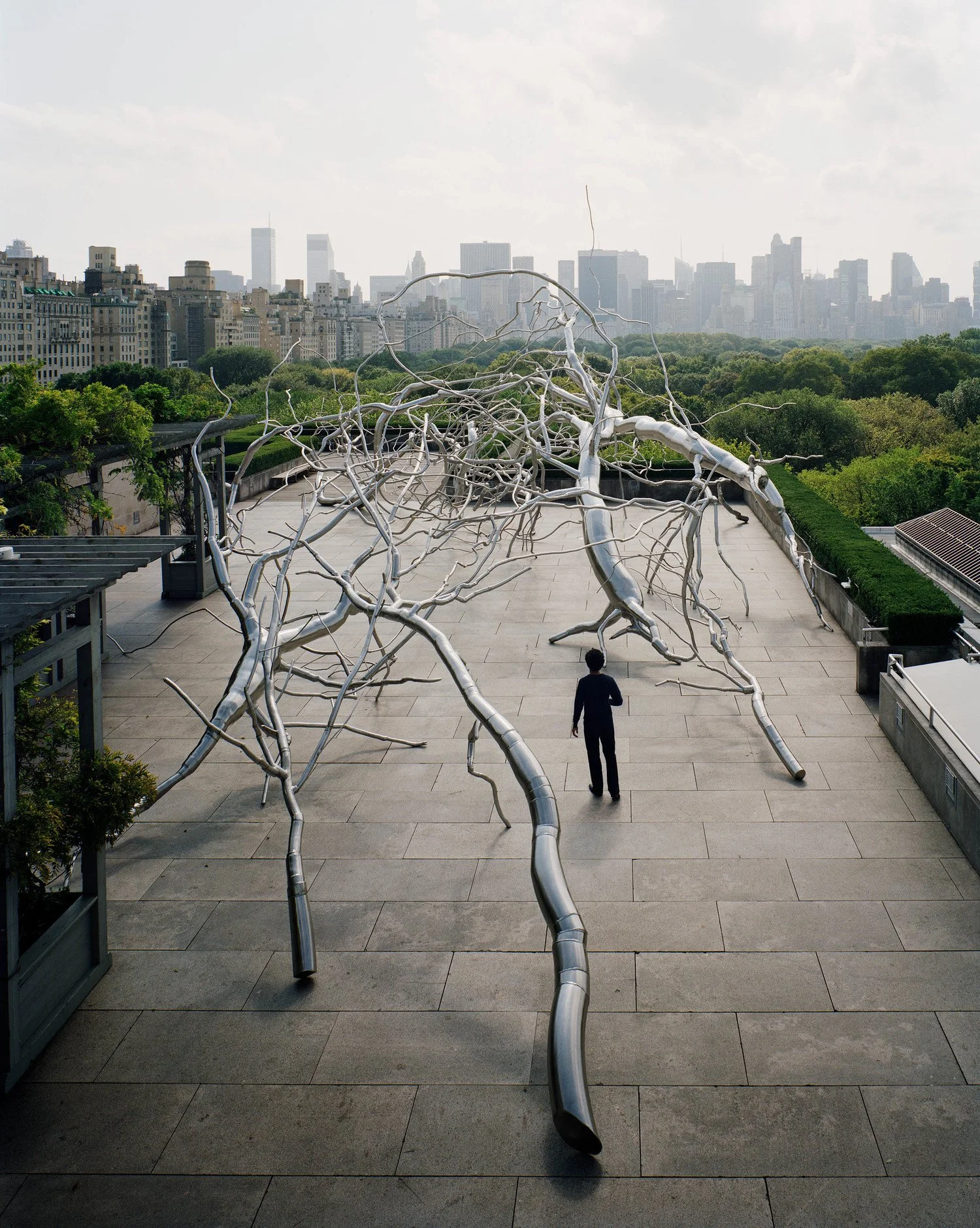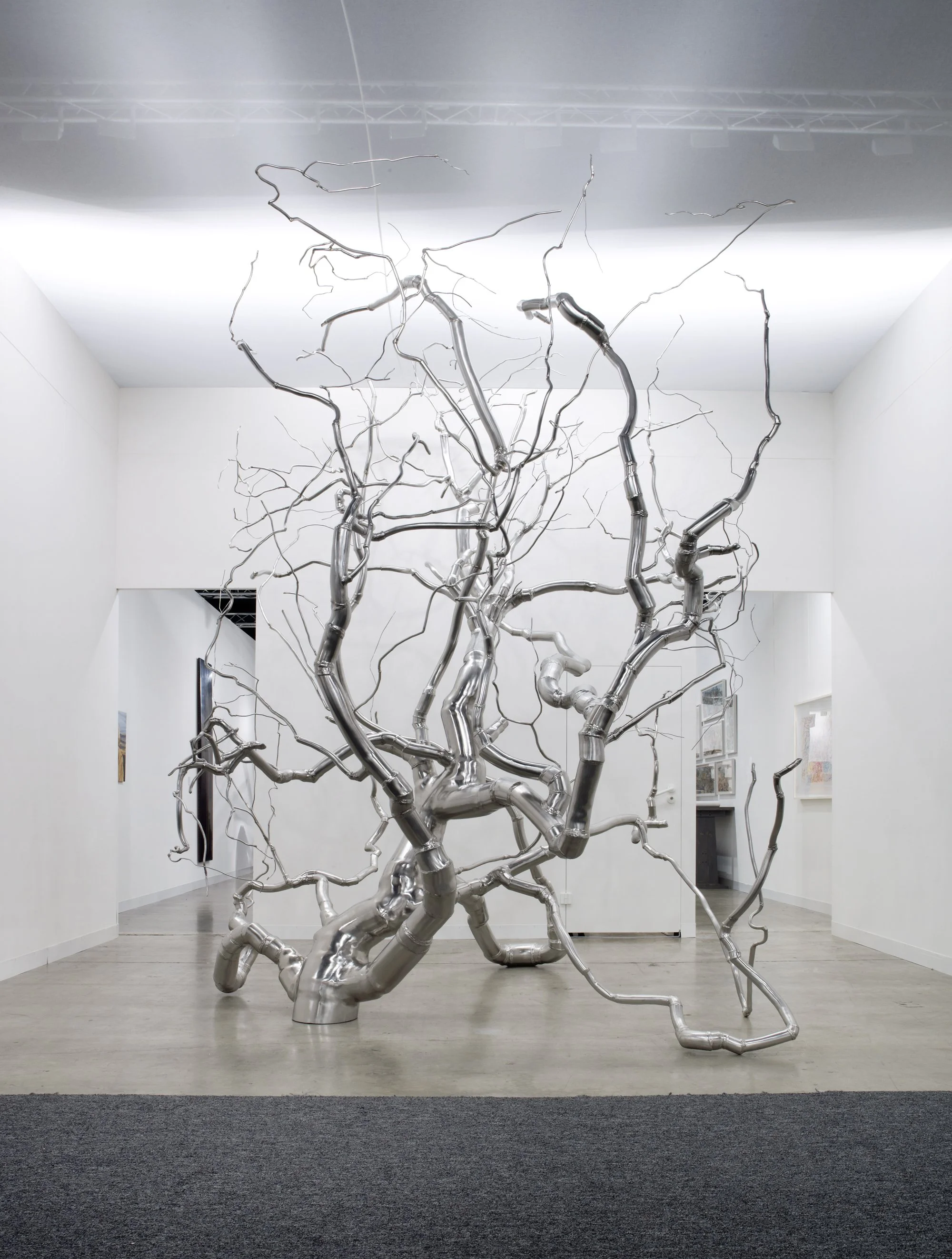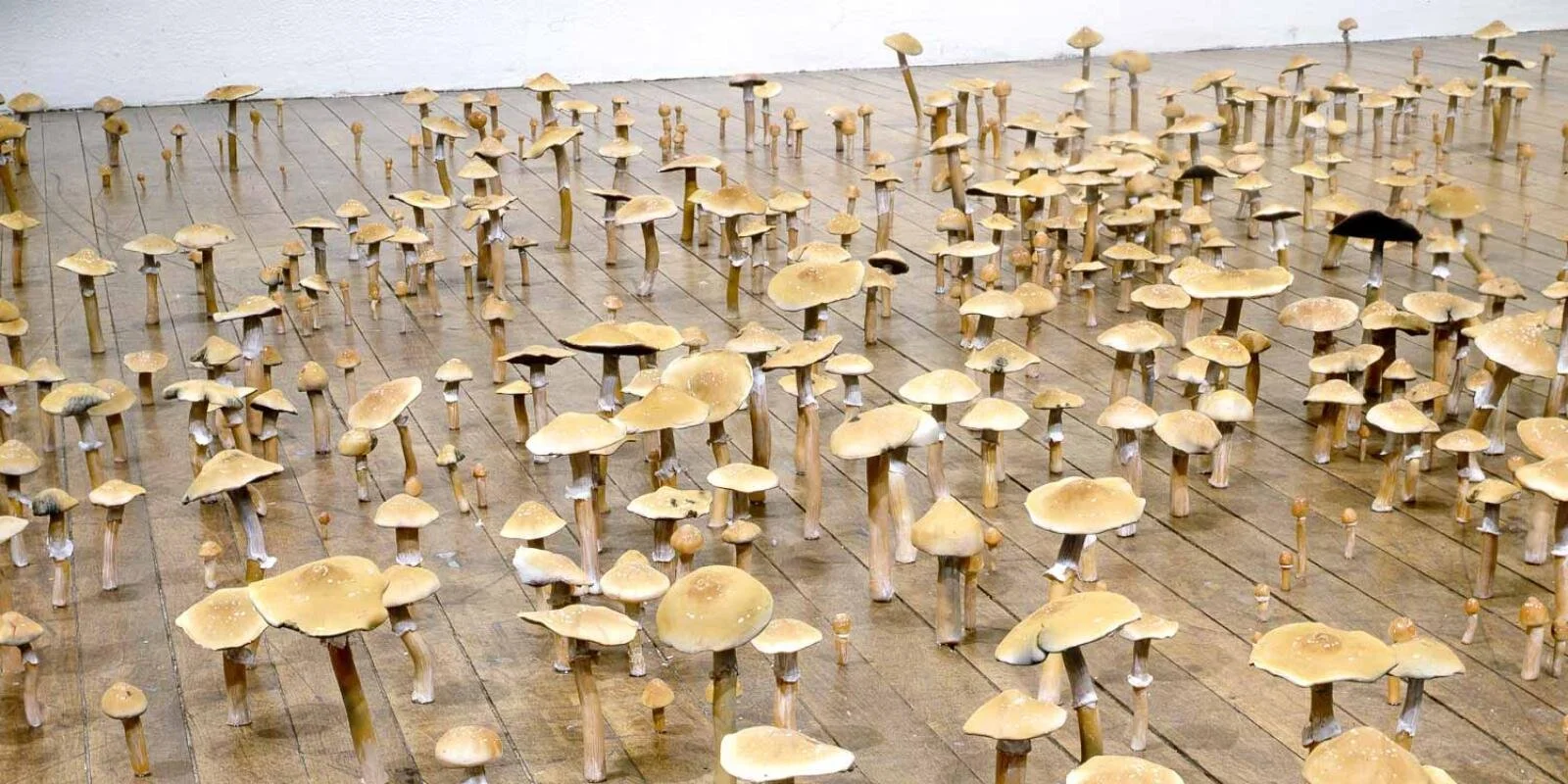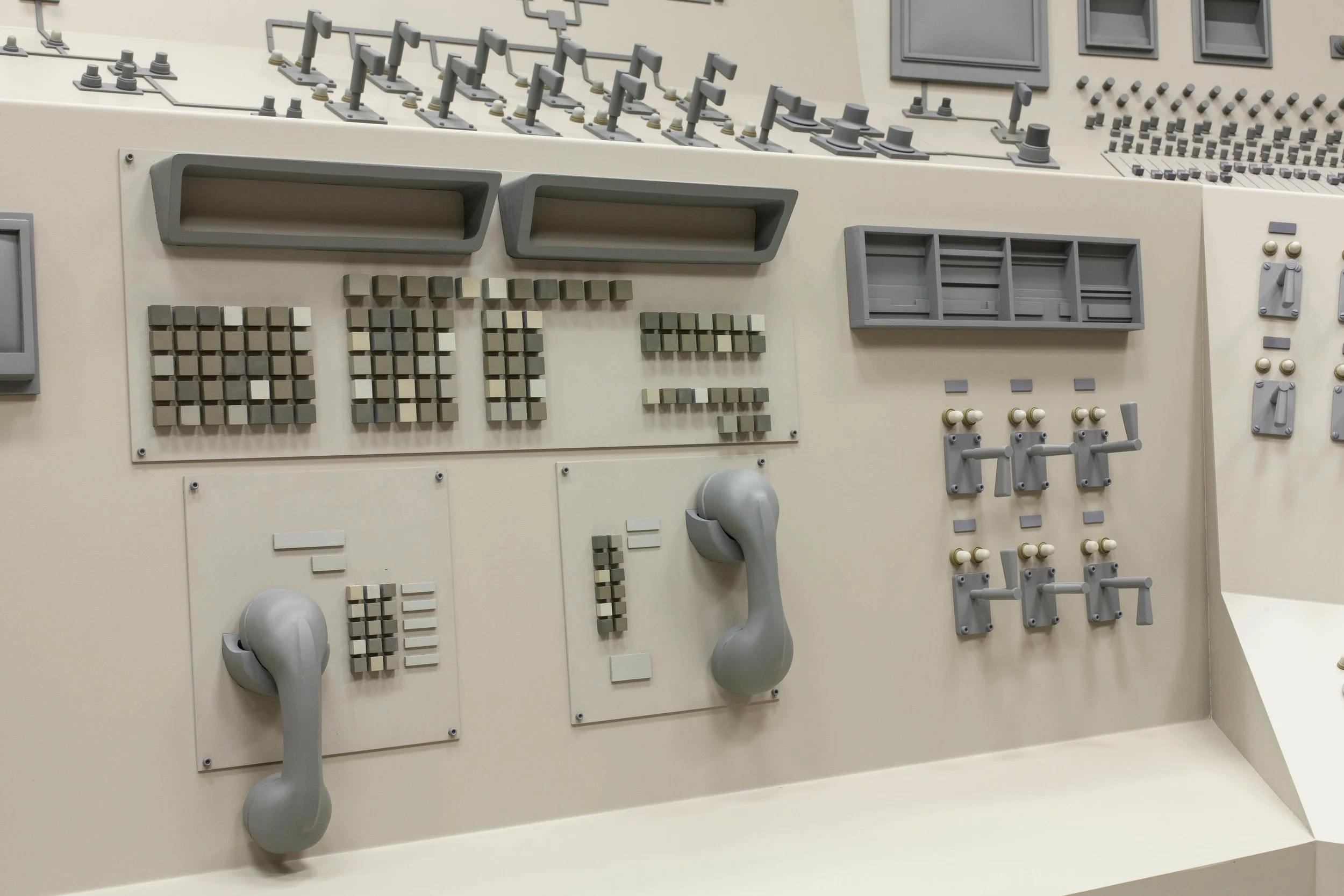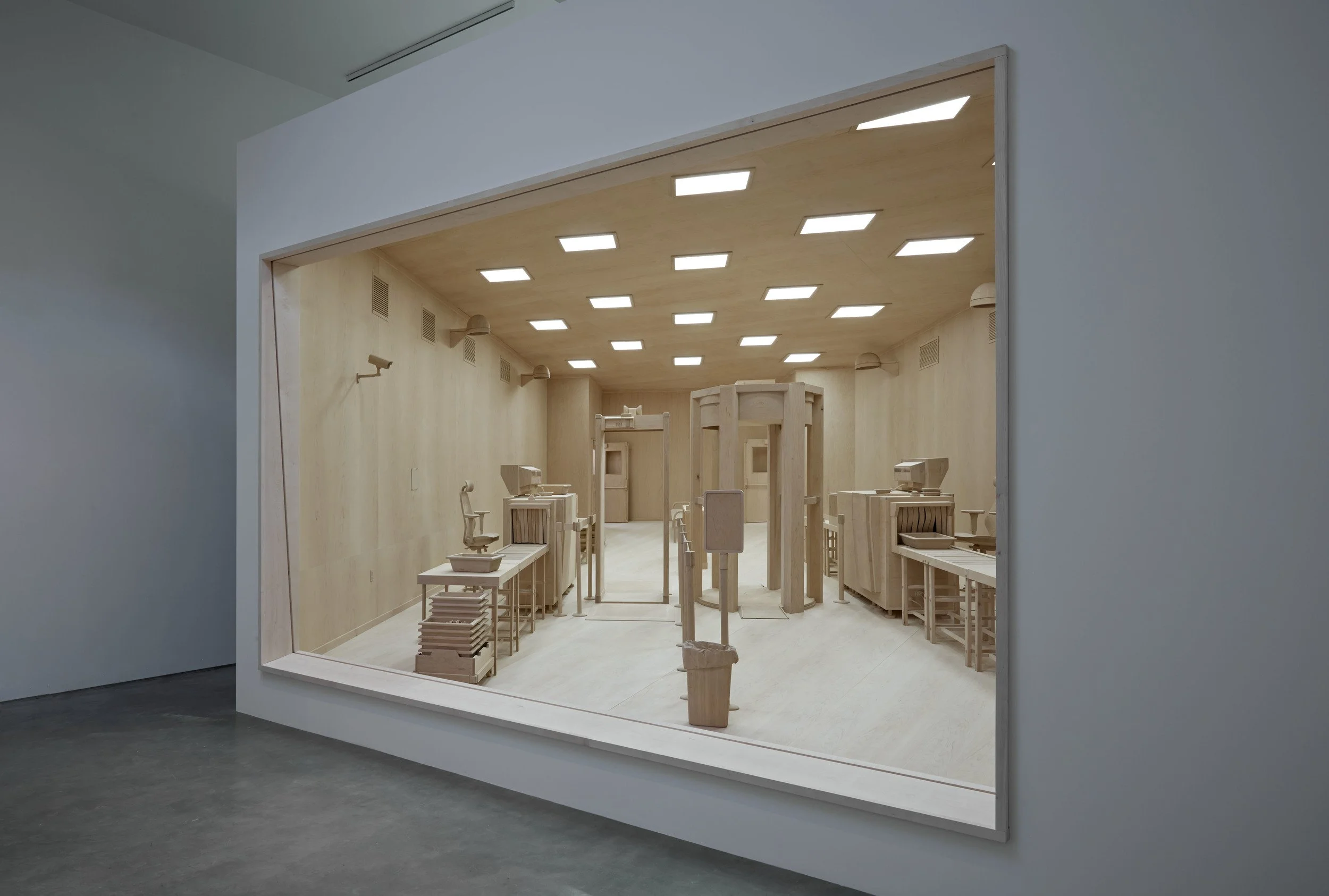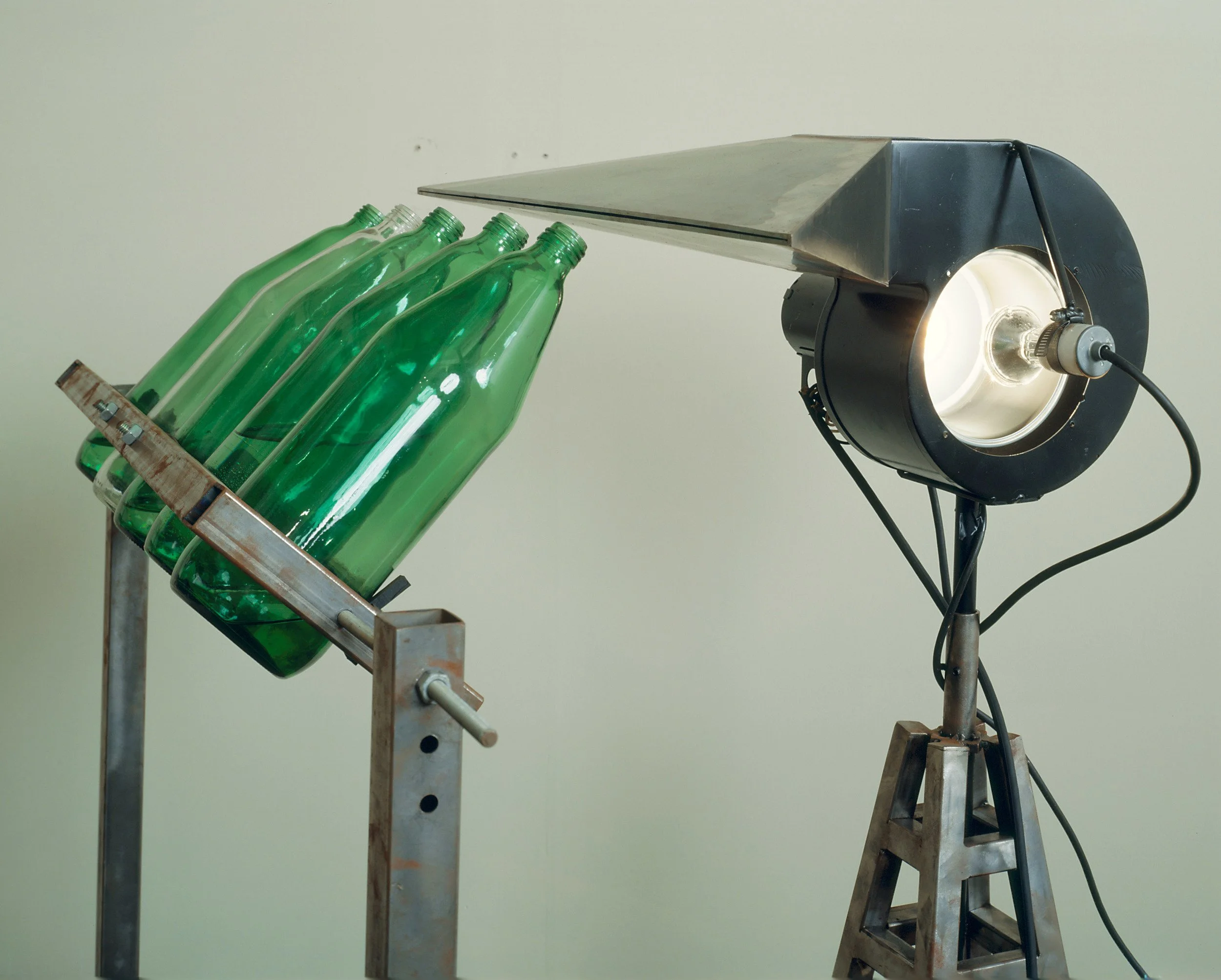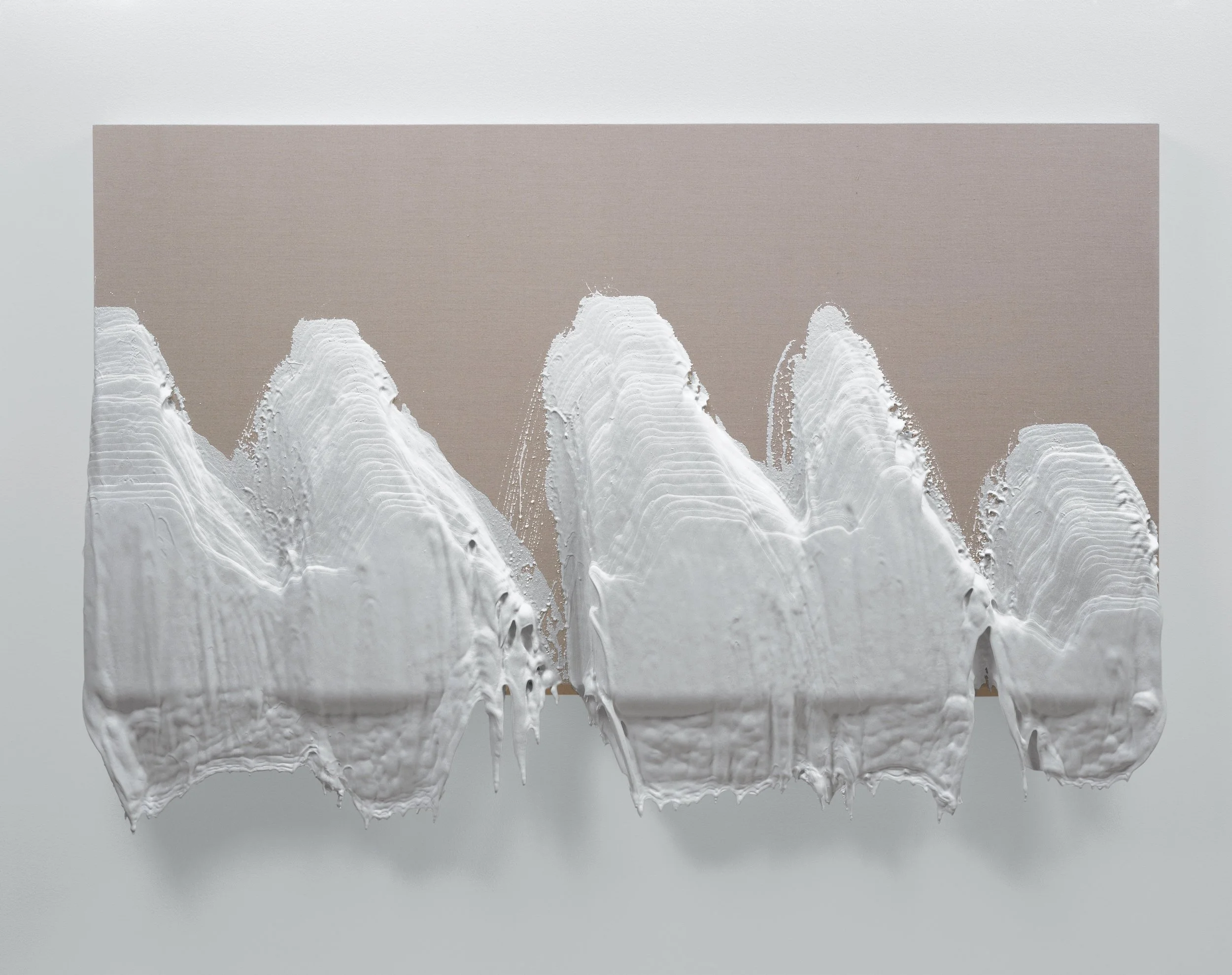 Image 1 of 10
Image 1 of 10

 Image 2 of 10
Image 2 of 10

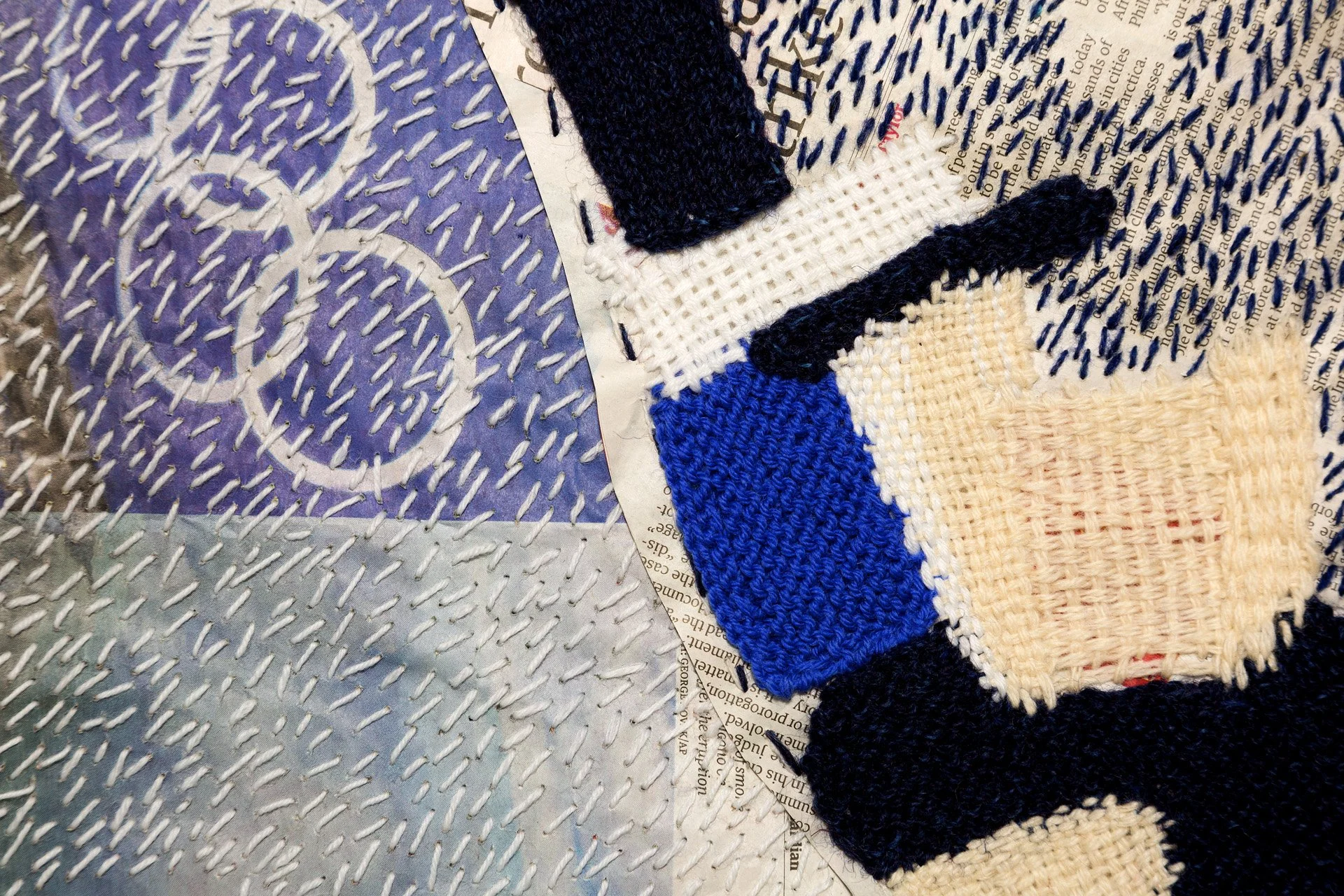 Image 3 of 10
Image 3 of 10

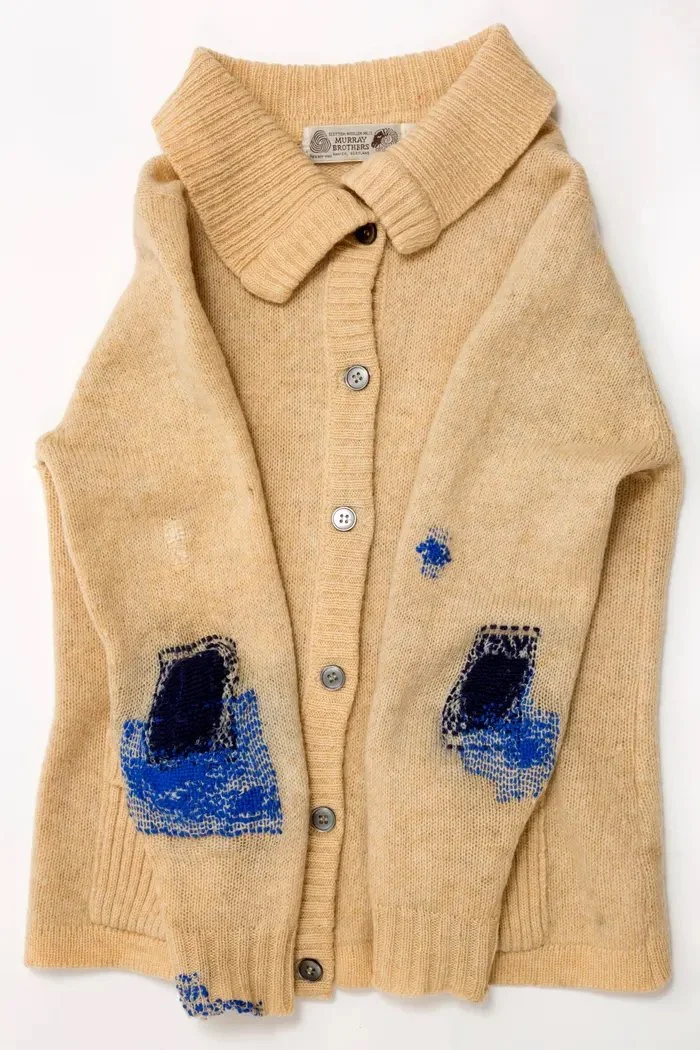 Image 4 of 10
Image 4 of 10

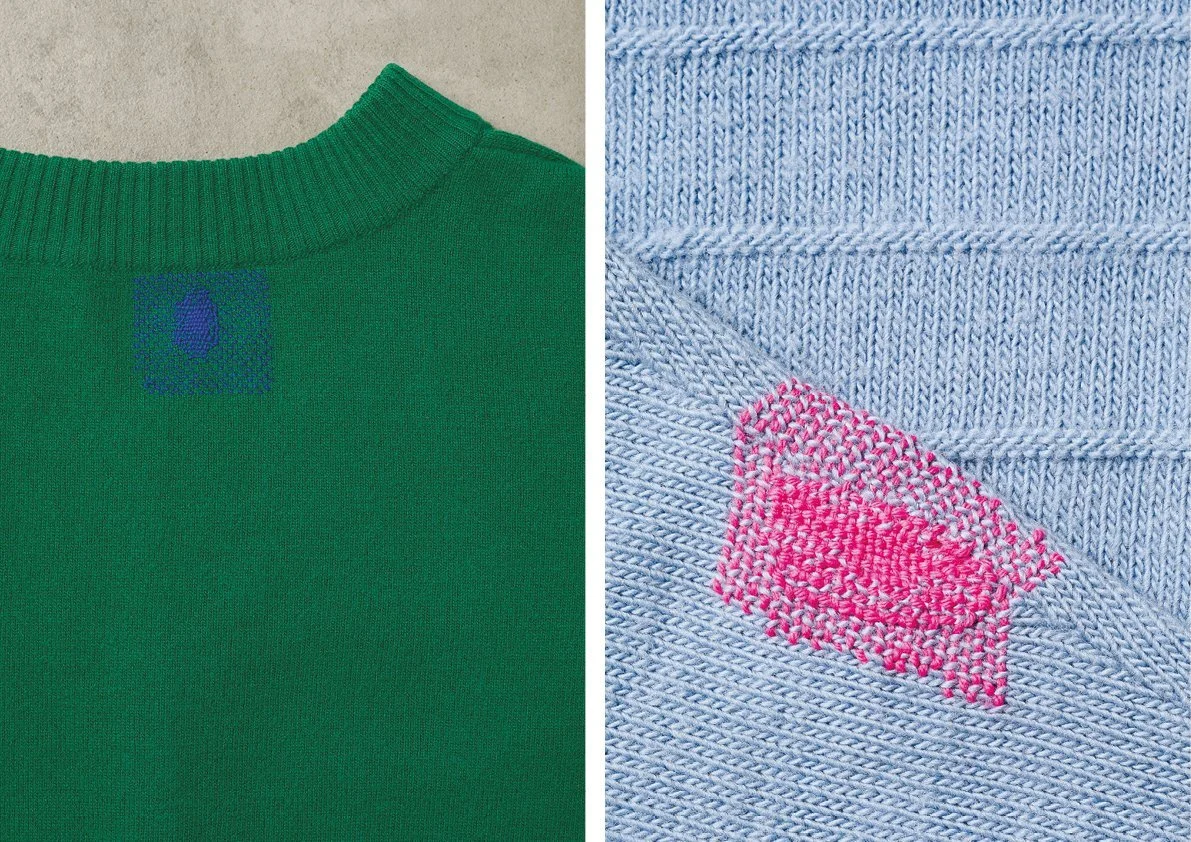 Image 5 of 10
Image 5 of 10

 Image 6 of 10
Image 6 of 10

 Image 7 of 10
Image 7 of 10

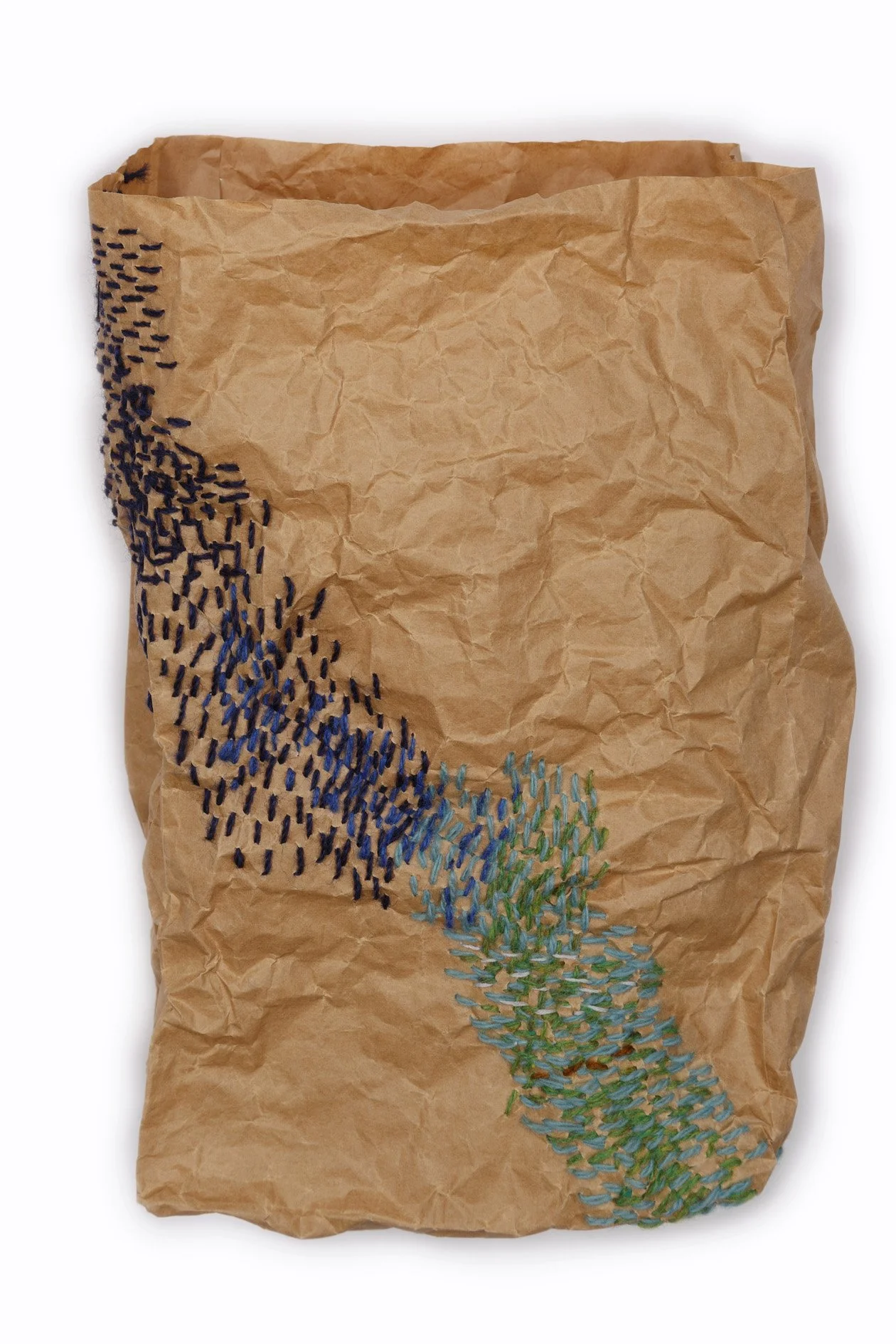 Image 8 of 10
Image 8 of 10

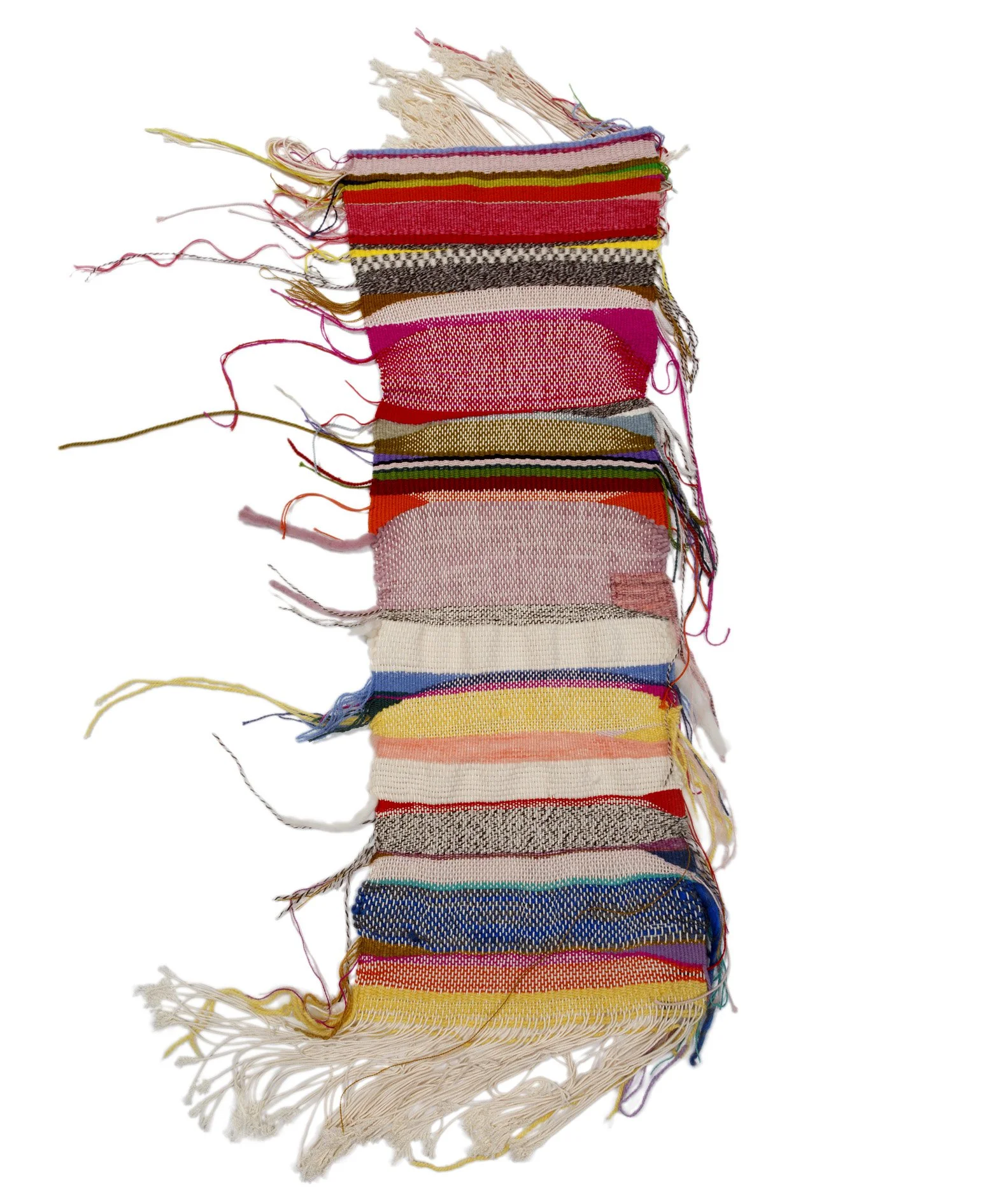 Image 9 of 10
Image 9 of 10

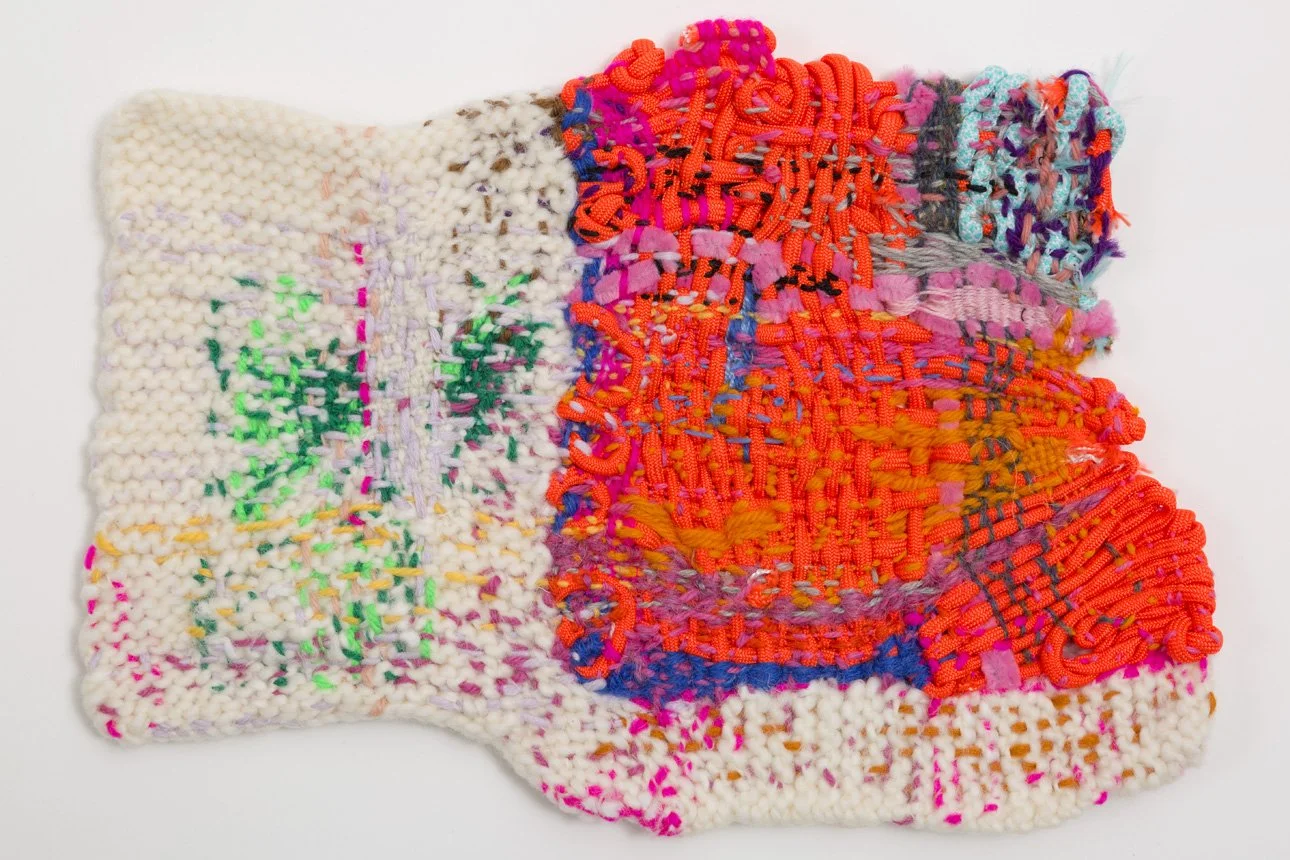 Image 10 of 10
Image 10 of 10











Celia Pym is an artist that explores damage and repair in textiles
Celia Pym is a London-based artist and textile designer known for her innovative approach to mending and darning. She established her practice with the mission to explore the value of repair and the stories behind worn and damaged textiles. Pym's current approach focuses on integrating circular economy principles into her work, creating art pieces and workshops that promote sustainable practices in textile care and repair. Core values include sustainability, craftsmanship, and storytelling, with a purpose to redefine the relationship between textiles, repair, and human connection.
Location
Headquarters: London, United Kingdom.
The Circular Vision
Core circular economy principles: Extending the life of textiles through repair, promoting the value of mending, and creating awareness about sustainable textile practices.
Key innovations: Development of visible mending techniques that transform damaged garments into unique art pieces, highlighting the beauty of repair.
Prioritization of local sourcing and closed-loop supply chains: Emphasis on working with existing garments and textiles, promoting repair over replacement.
Pioneering Solutions
Flagship projects: Pym's portfolio includes innovative projects such as "The Catalogue of Holes" (a collaborative mending project), workshops on visible mending techniques, and various exhibitions showcasing repaired garments as art pieces.
The Regenerative Future
R&D focus areas: Advancing mending techniques, exploring new applications for textile repair in art and design, and developing solutions that further promote sustainable textile practices.
Ambitious goals: To lead the textile industry in sustainable practices, create a culture of repair and care for garments, and inspire a shift towards a regenerative approach to textile use and maintenance.
Fact Sheet
Commercial Availability: Art pieces and workshops available through galleries, exhibitions, and direct commissions.
Circularity Rating: 5/5 (Strong focus on extending the life of textiles through repair and promoting circular practices).
Key Certifications: Works held in permanent collections of the Crafts Council UK and various international museums.
Material Passport: Detailed documentation of repair processes and materials used in projects.
Designed for Disassembly: Not applicable, as the focus is on repair and extension of existing textiles.
Carbon Performance: Focus on reducing carbon footprint by extending the life of existing textiles. Specific carbon metrics not provided.
Key Takeaway
Celia Pym transforms the textile industry through innovative repair techniques, setting a benchmark for sustainability and circular practices in textile art and maintenance.
Explore Further
Celia Pym website: http://celiapym.com
Celia Pym is a London-based artist and textile designer known for her innovative approach to mending and darning. She established her practice with the mission to explore the value of repair and the stories behind worn and damaged textiles. Pym's current approach focuses on integrating circular economy principles into her work, creating art pieces and workshops that promote sustainable practices in textile care and repair. Core values include sustainability, craftsmanship, and storytelling, with a purpose to redefine the relationship between textiles, repair, and human connection.
Location
Headquarters: London, United Kingdom.
The Circular Vision
Core circular economy principles: Extending the life of textiles through repair, promoting the value of mending, and creating awareness about sustainable textile practices.
Key innovations: Development of visible mending techniques that transform damaged garments into unique art pieces, highlighting the beauty of repair.
Prioritization of local sourcing and closed-loop supply chains: Emphasis on working with existing garments and textiles, promoting repair over replacement.
Pioneering Solutions
Flagship projects: Pym's portfolio includes innovative projects such as "The Catalogue of Holes" (a collaborative mending project), workshops on visible mending techniques, and various exhibitions showcasing repaired garments as art pieces.
The Regenerative Future
R&D focus areas: Advancing mending techniques, exploring new applications for textile repair in art and design, and developing solutions that further promote sustainable textile practices.
Ambitious goals: To lead the textile industry in sustainable practices, create a culture of repair and care for garments, and inspire a shift towards a regenerative approach to textile use and maintenance.
Fact Sheet
Commercial Availability: Art pieces and workshops available through galleries, exhibitions, and direct commissions.
Circularity Rating: 5/5 (Strong focus on extending the life of textiles through repair and promoting circular practices).
Key Certifications: Works held in permanent collections of the Crafts Council UK and various international museums.
Material Passport: Detailed documentation of repair processes and materials used in projects.
Designed for Disassembly: Not applicable, as the focus is on repair and extension of existing textiles.
Carbon Performance: Focus on reducing carbon footprint by extending the life of existing textiles. Specific carbon metrics not provided.
Key Takeaway
Celia Pym transforms the textile industry through innovative repair techniques, setting a benchmark for sustainability and circular practices in textile art and maintenance.
Explore Further
Celia Pym website: http://celiapym.com

